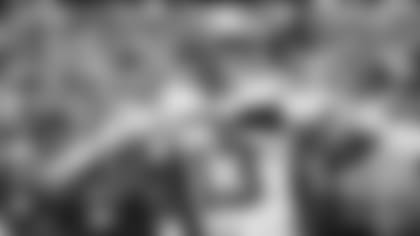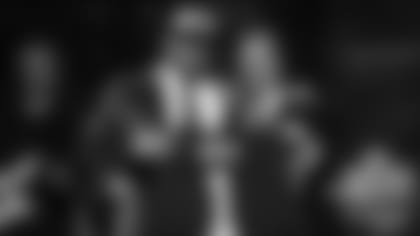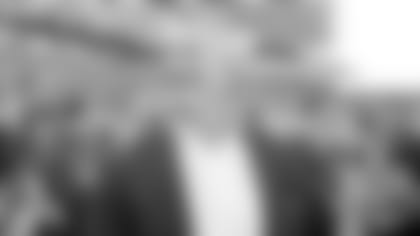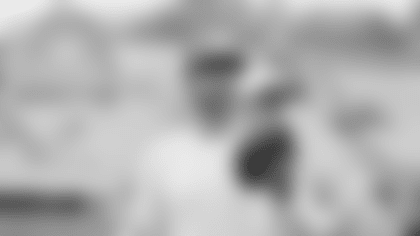Garrett Celek admits he's a different person than he was when he entered the NFL in 2013. The San Francisco 49ers second-round pick out of Rice gained an entirely new perspective on what it means to have, and what it means to have not.
The offseason leading up to the 2015 season provided McDonald the opportunity to go on a pair of life-altering service trips – one to Haiti with a contingent of 49ers players and another to Nicaragua with his local church. San Francisco's tight end recently reflected on those journeys and how they impacted his mindset on giving back to others.
How did you become interested in making service trips?
"My wife, Kendi, took a trip to Ecuador when she was a senior in high school. Her stories from the trip piqued my interest while I was in college. She told me how important it was for her and how much it impacted her. We've always talked about it. Going to church growing up, my parents always taught me the importance of giving back."
How did the 49ers service trip to Haiti in 2015 come together?
The 49ers staff, players along with Convoy of Hope came together to provide groceries, haircuts, clothing, toys and much more at an event at Levi's Stadium.
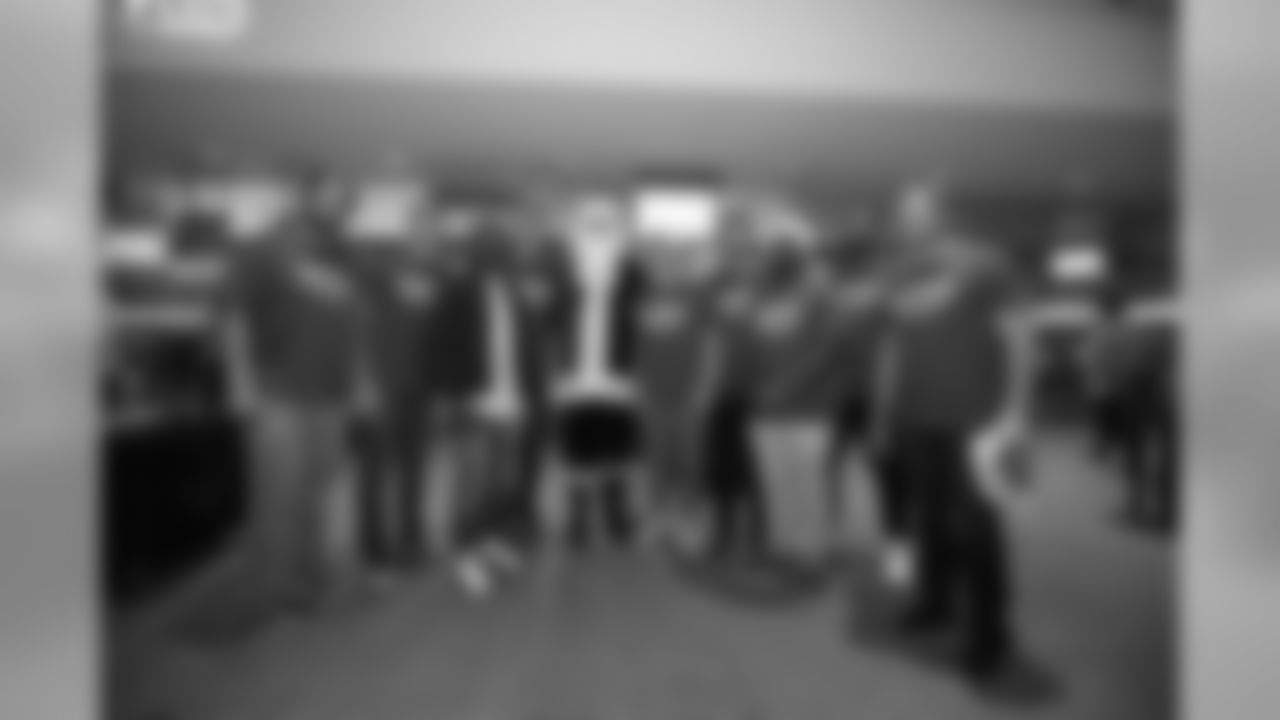
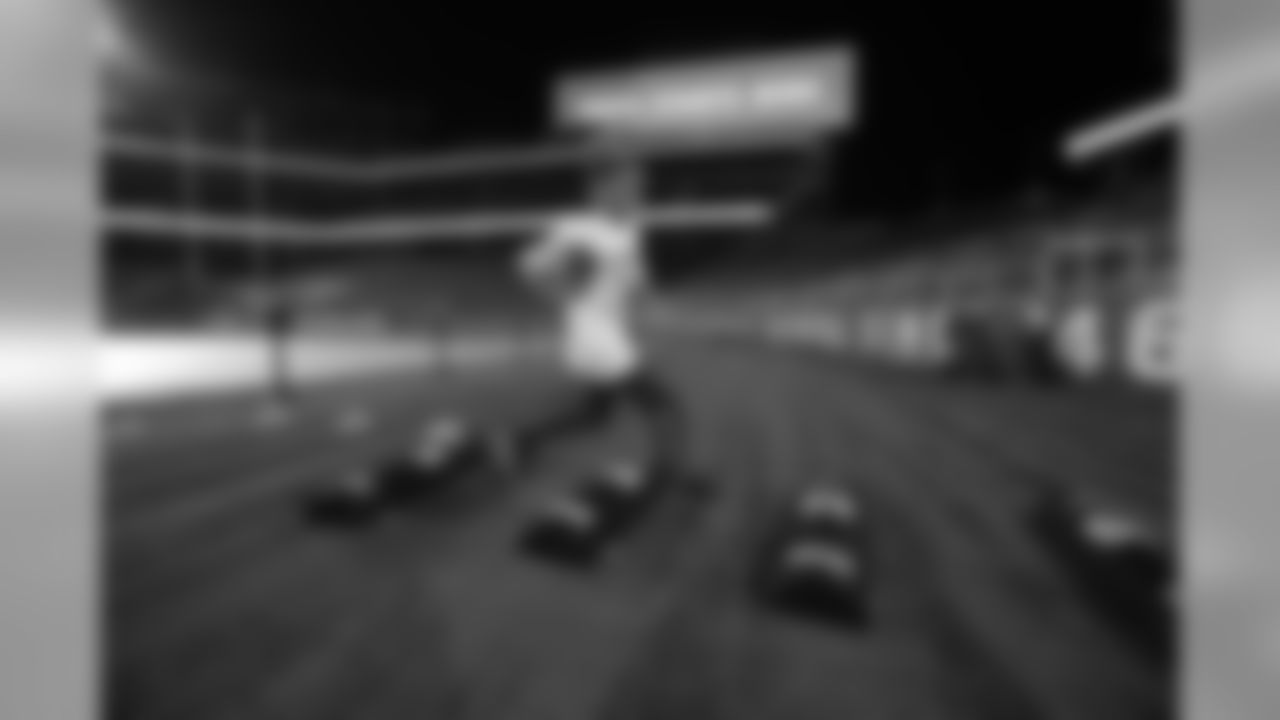
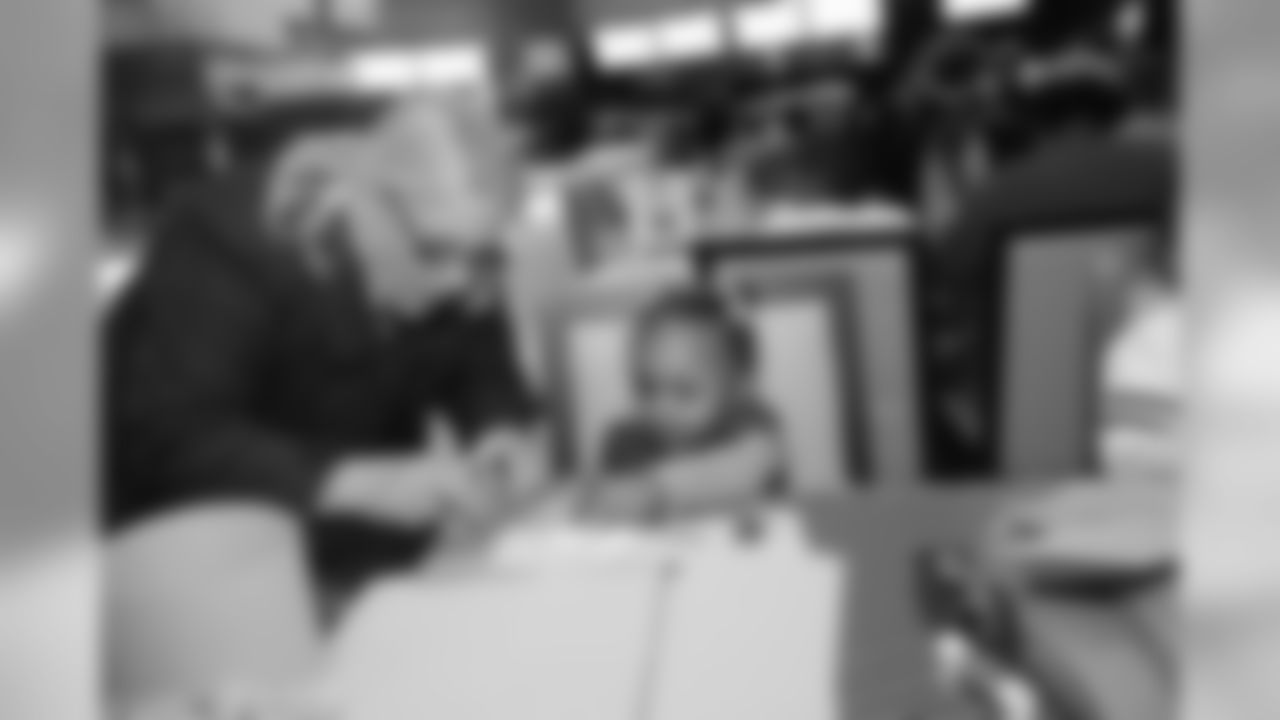
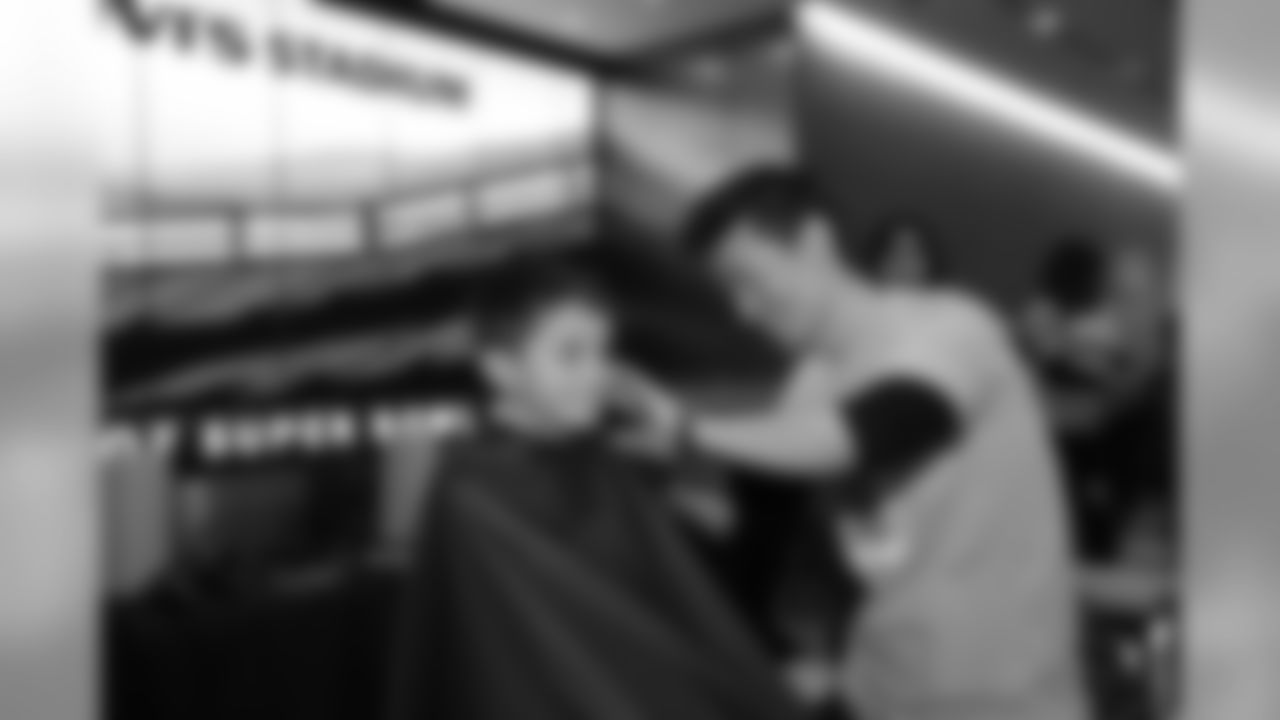
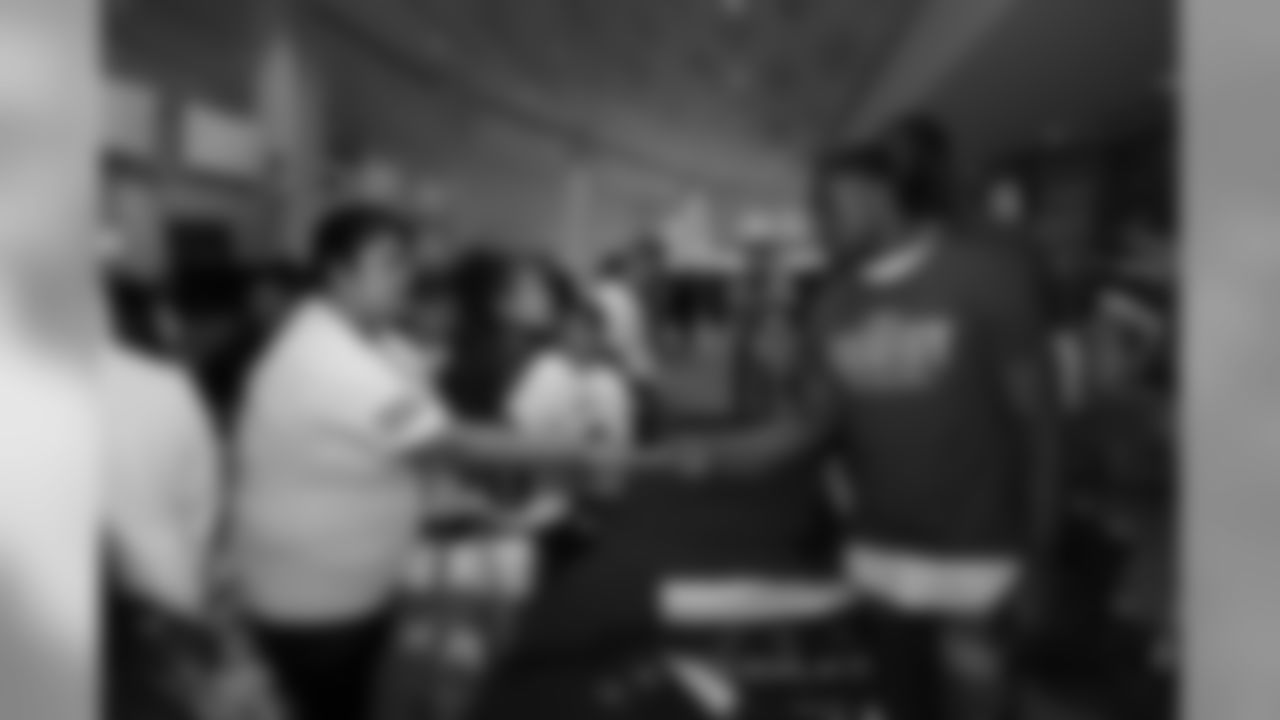
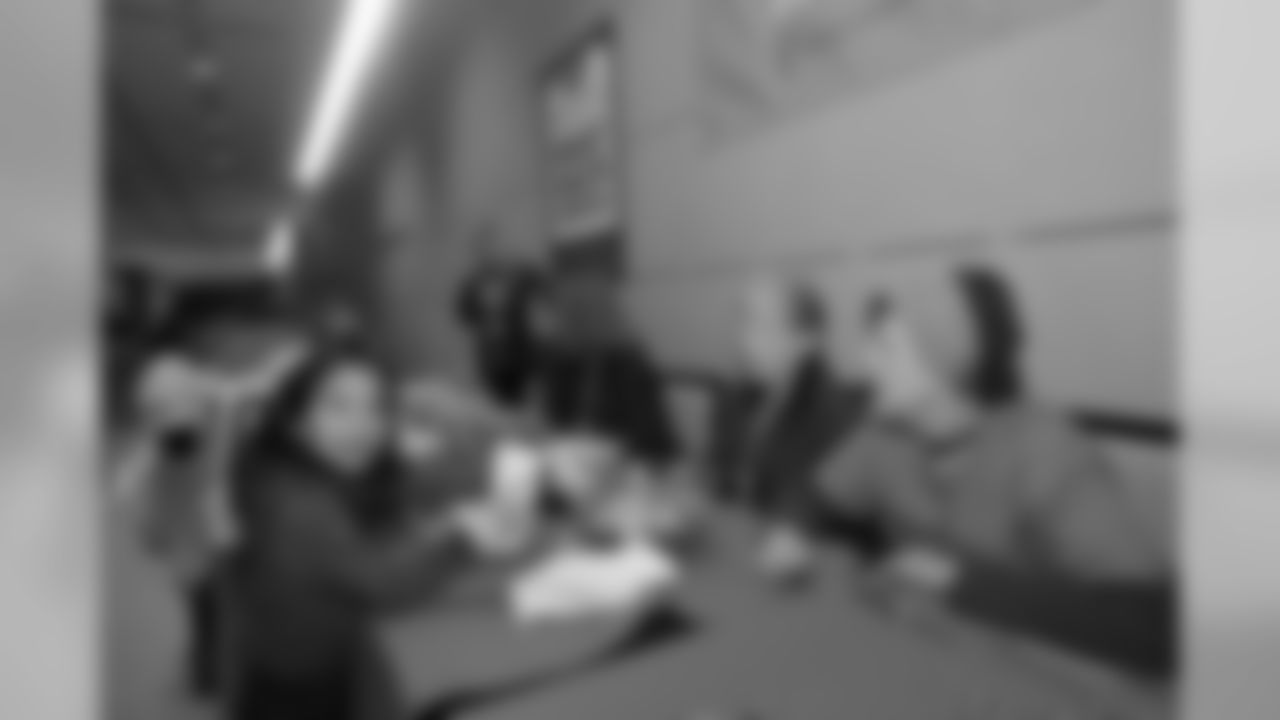
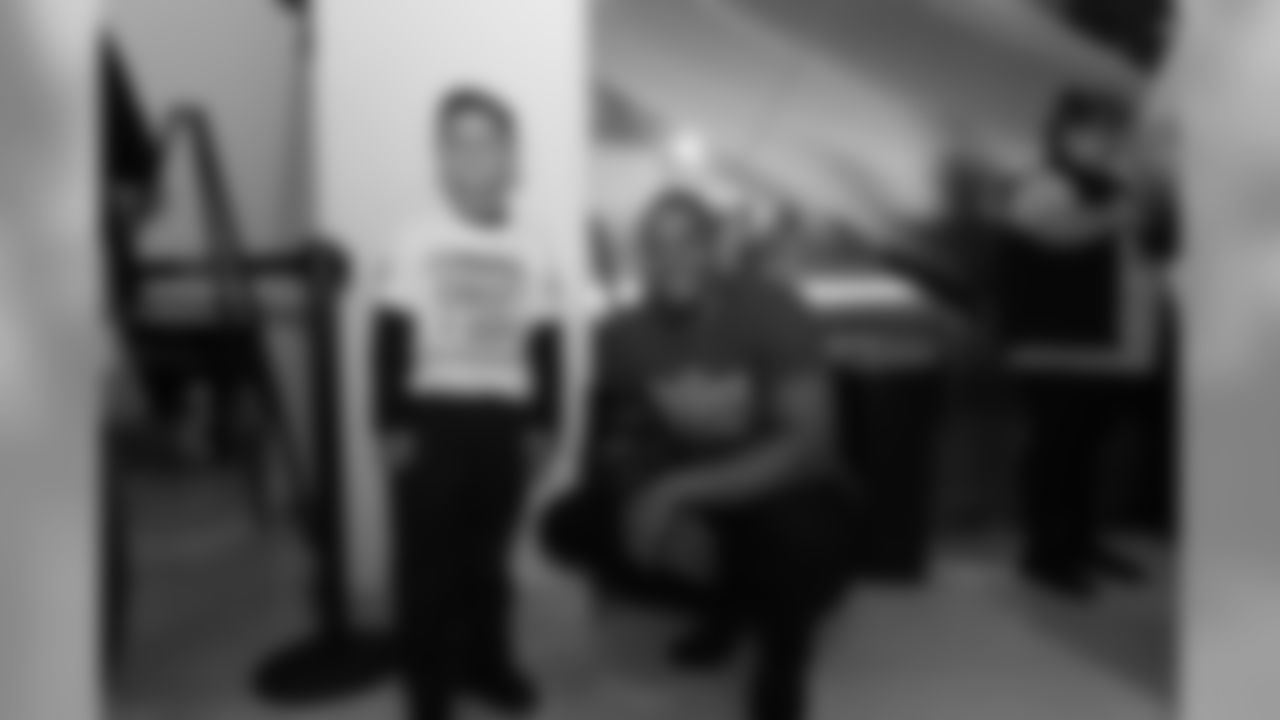
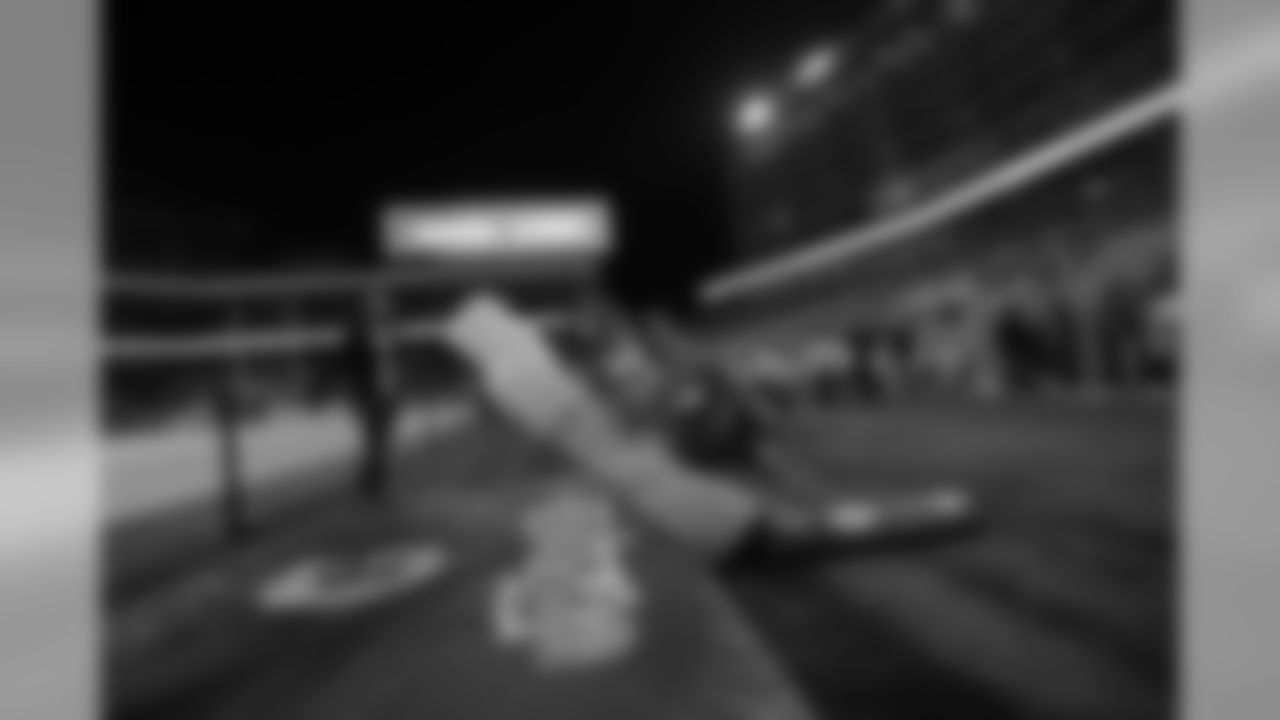
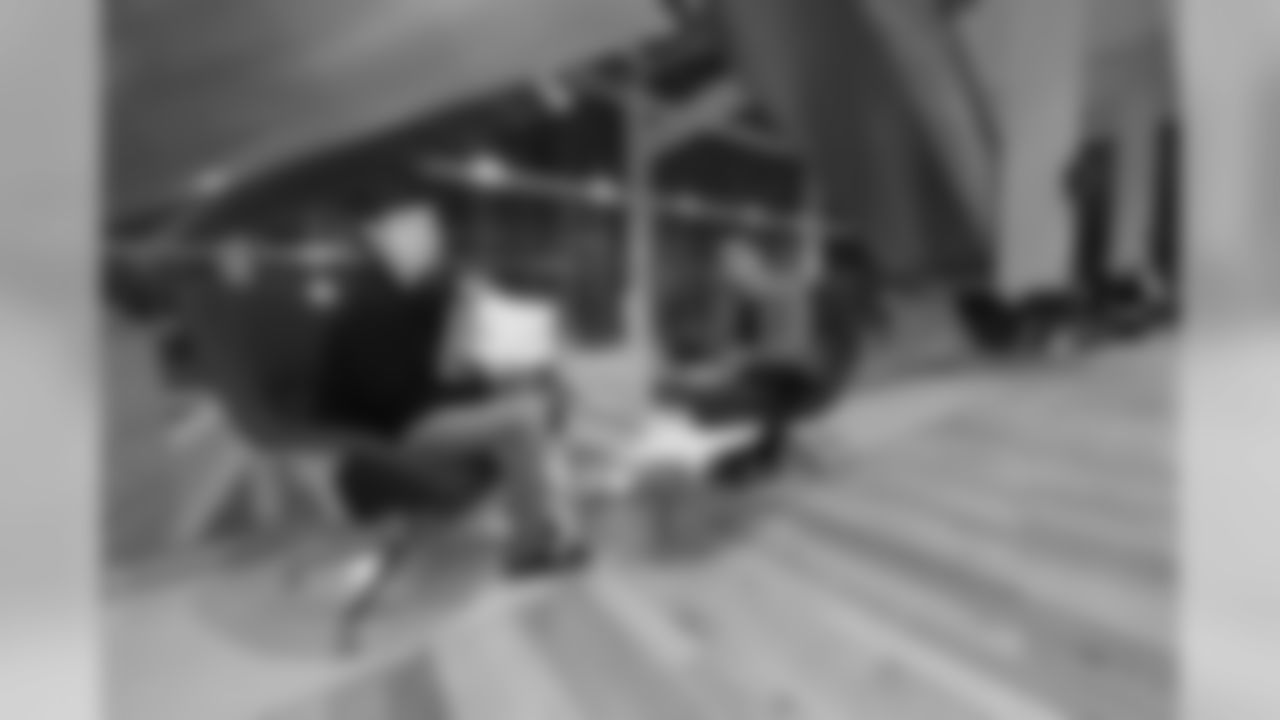
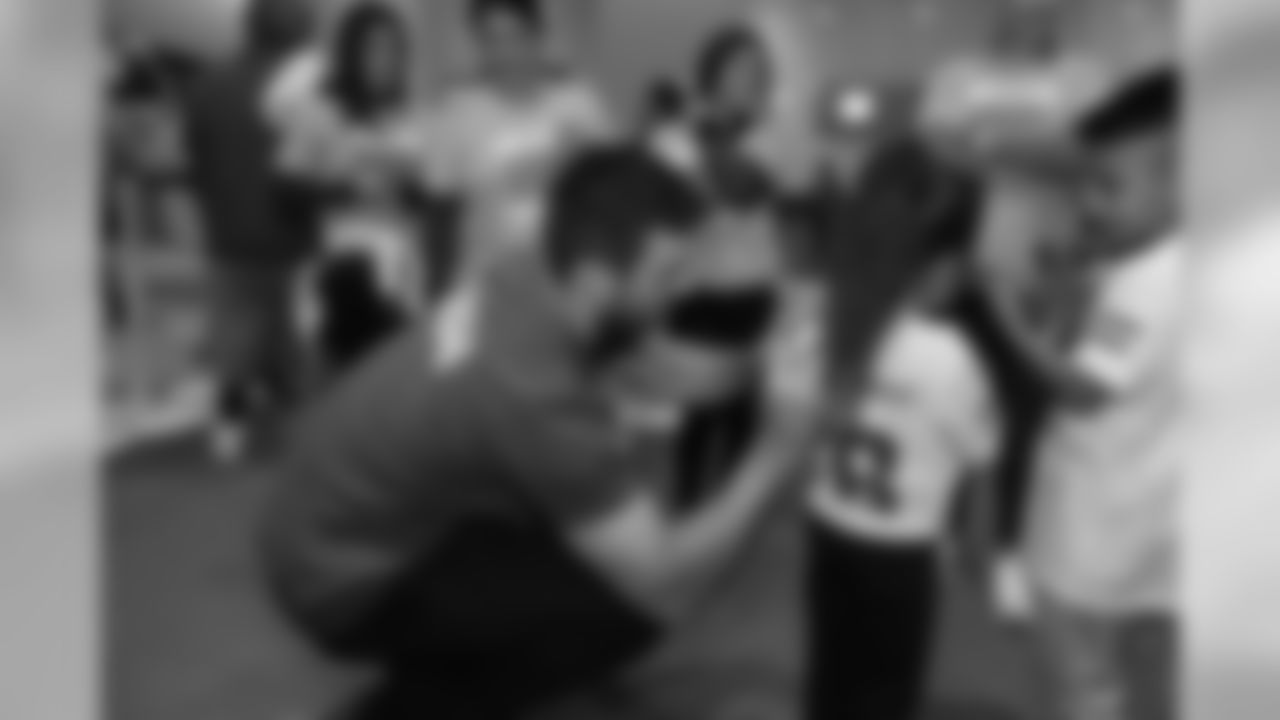
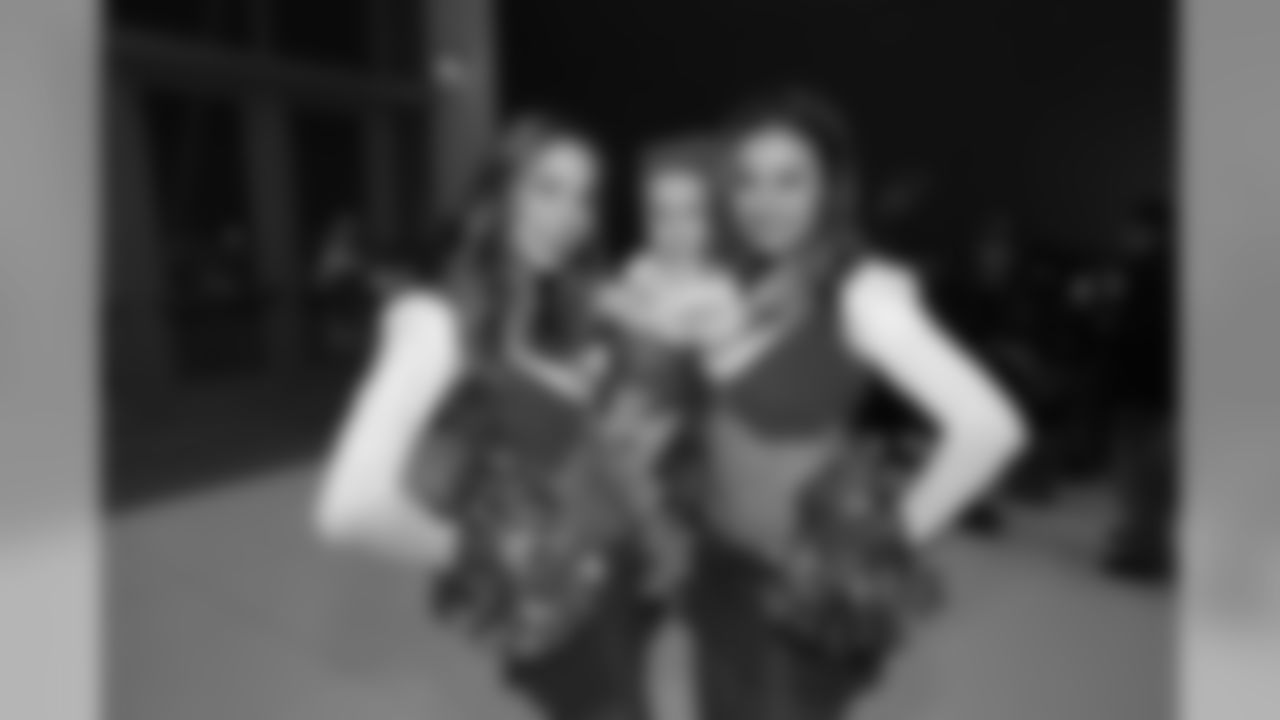
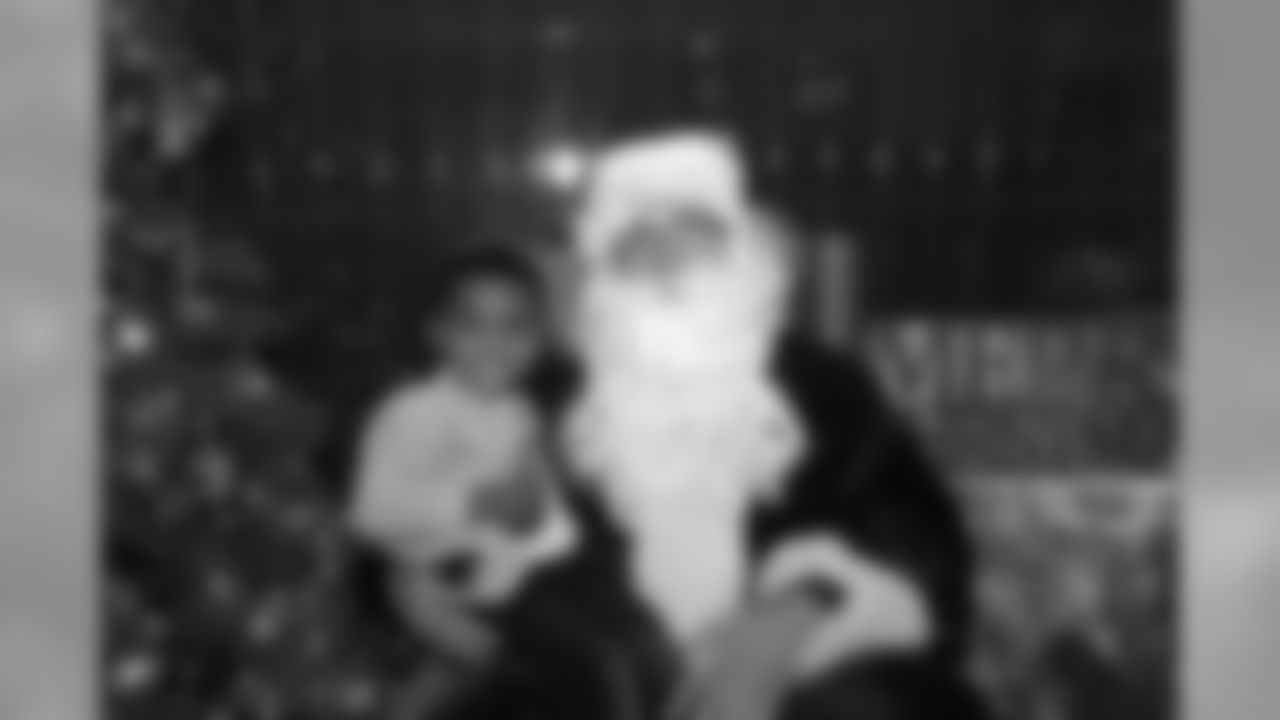
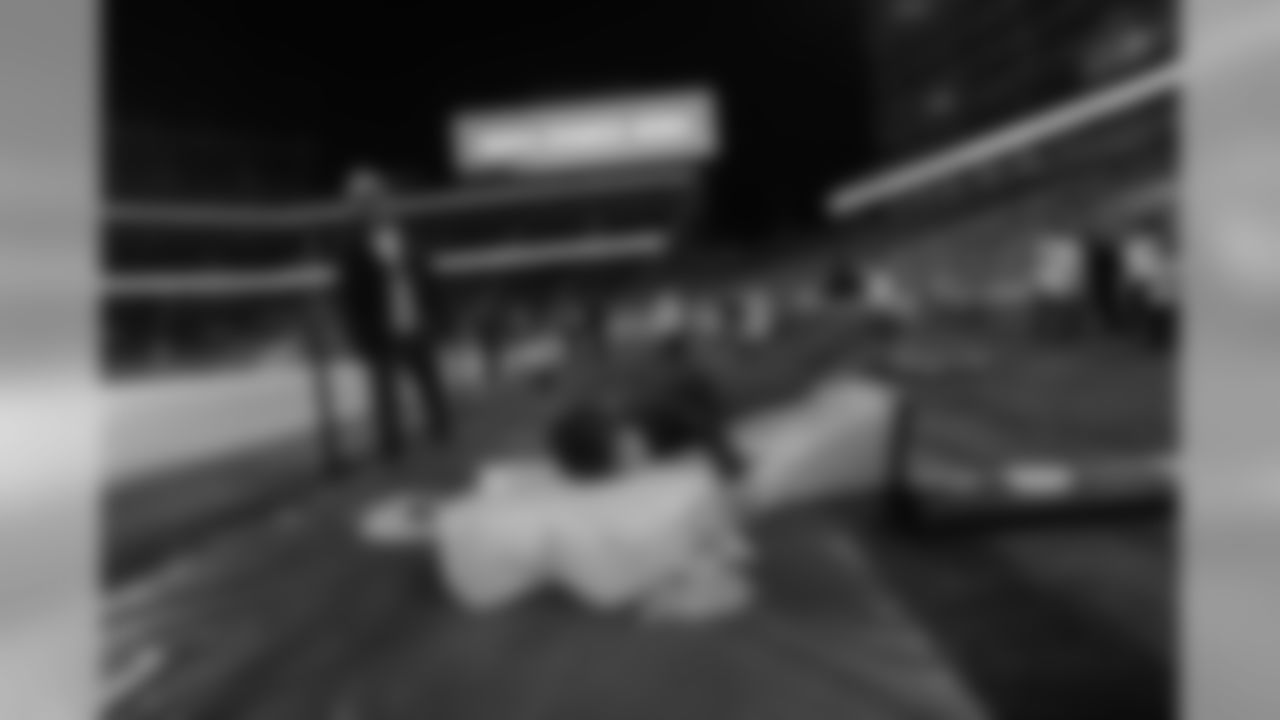
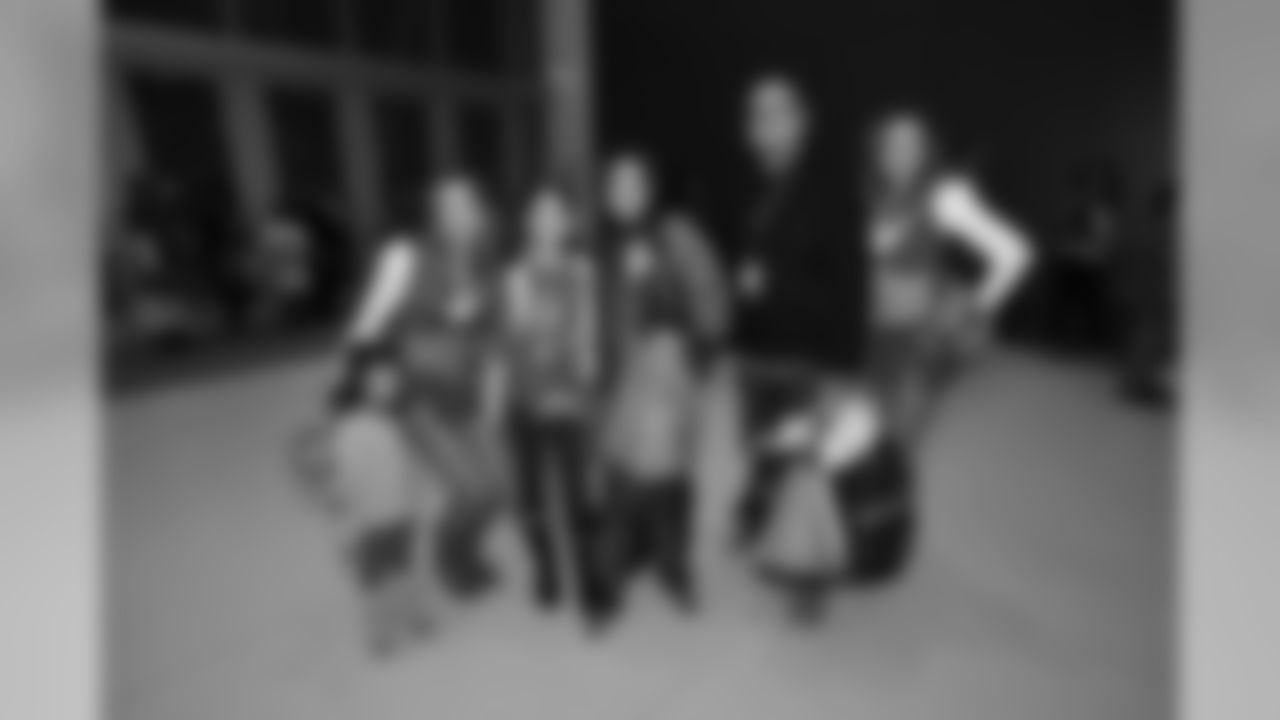
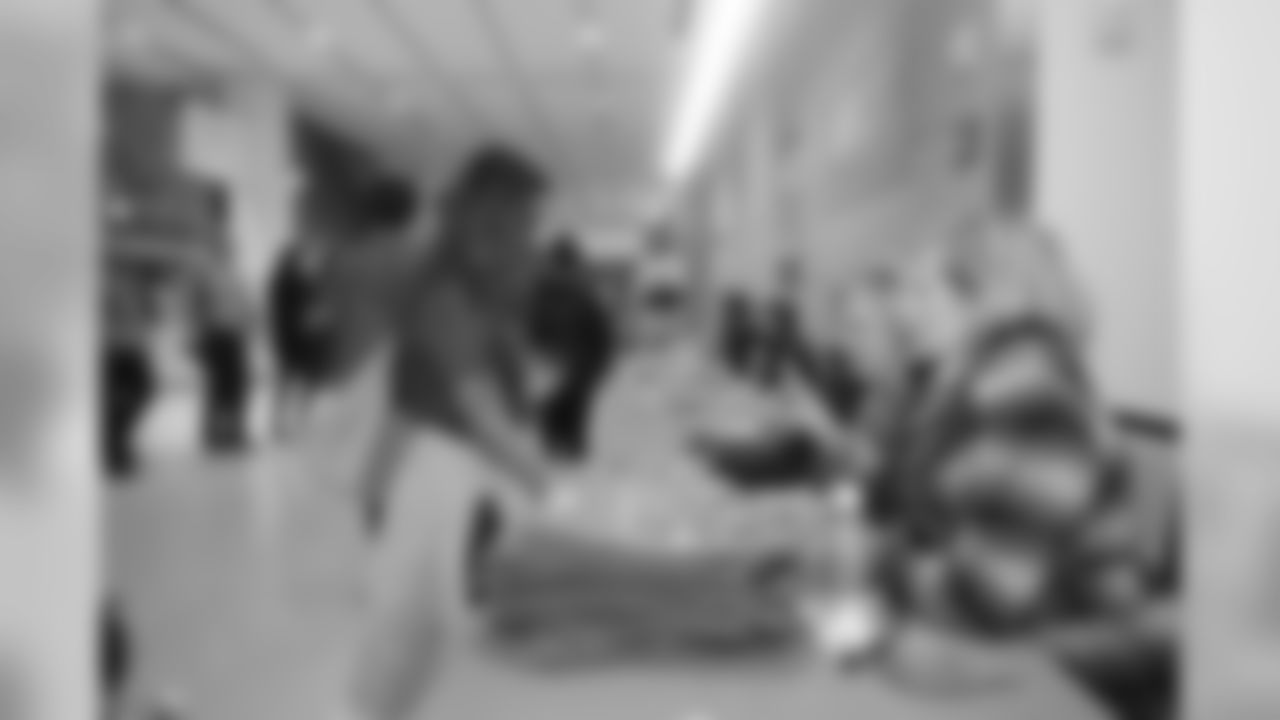
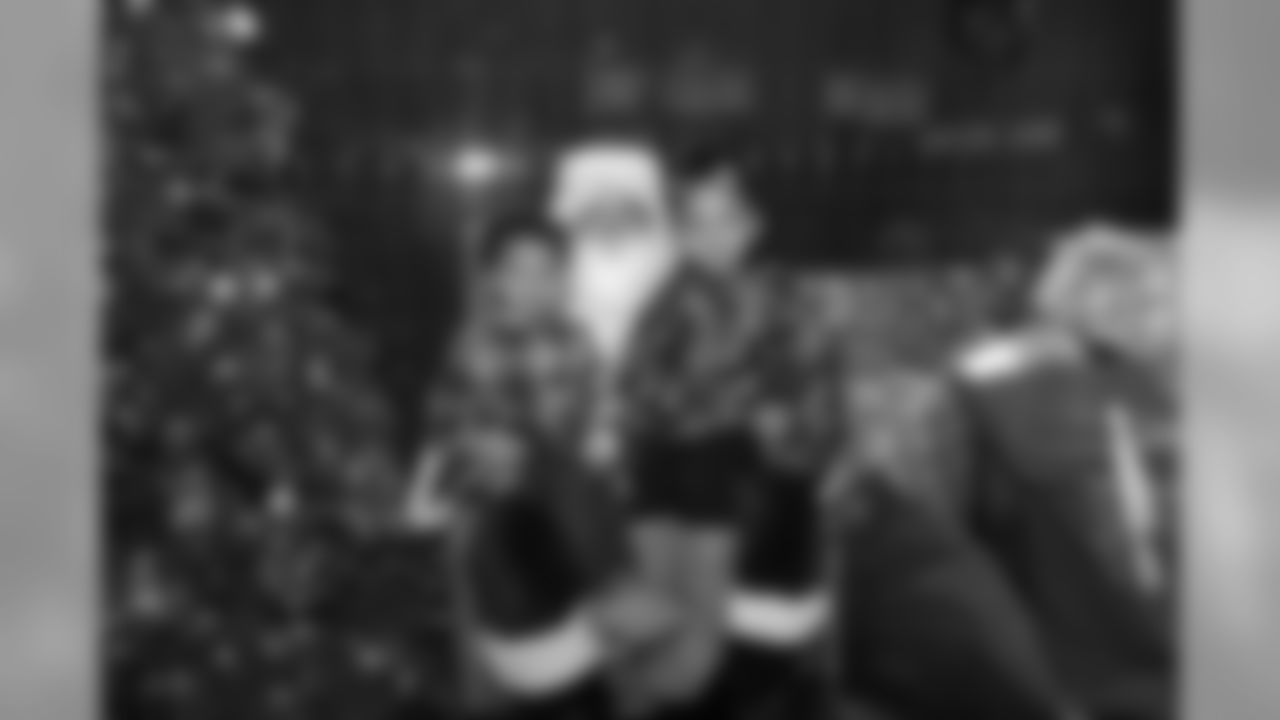
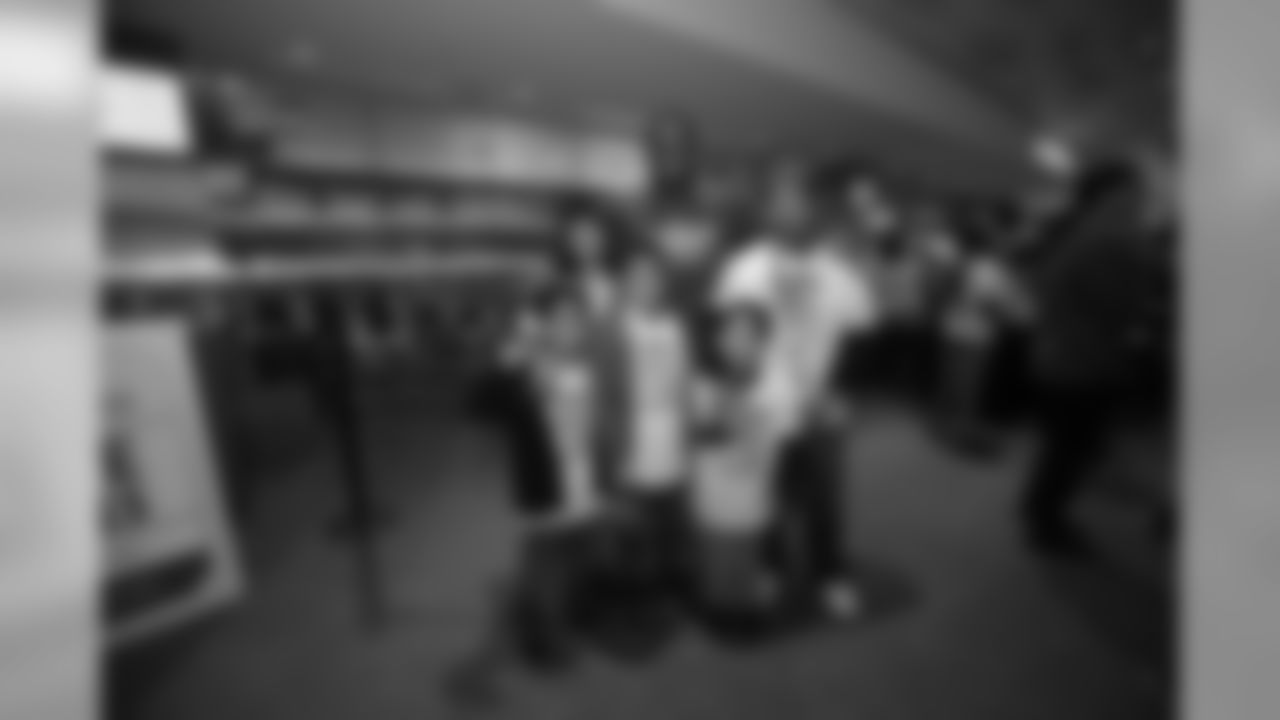
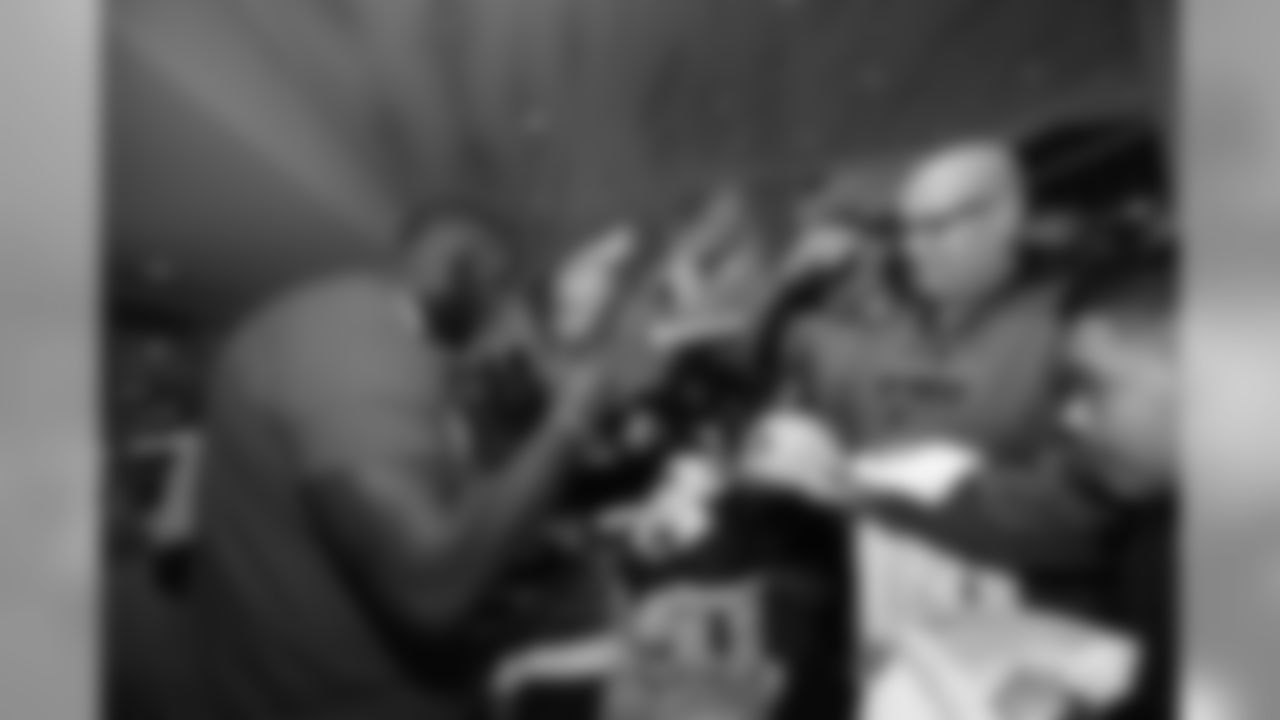
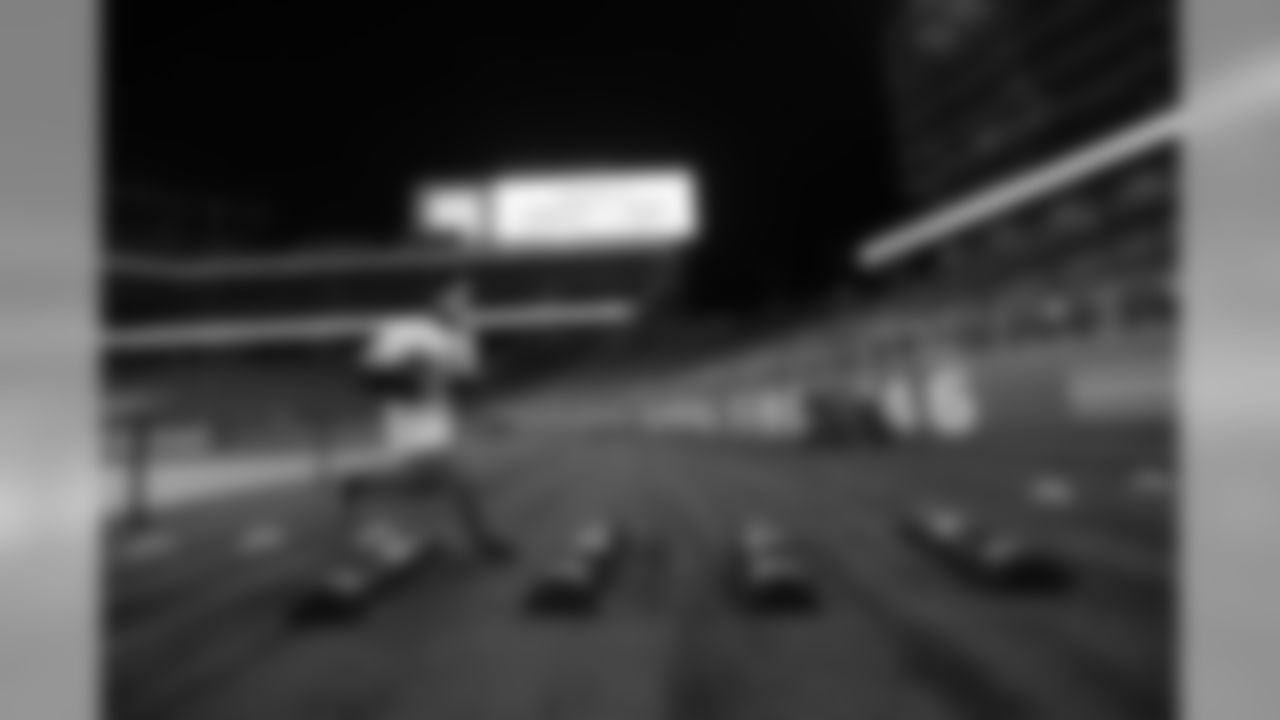
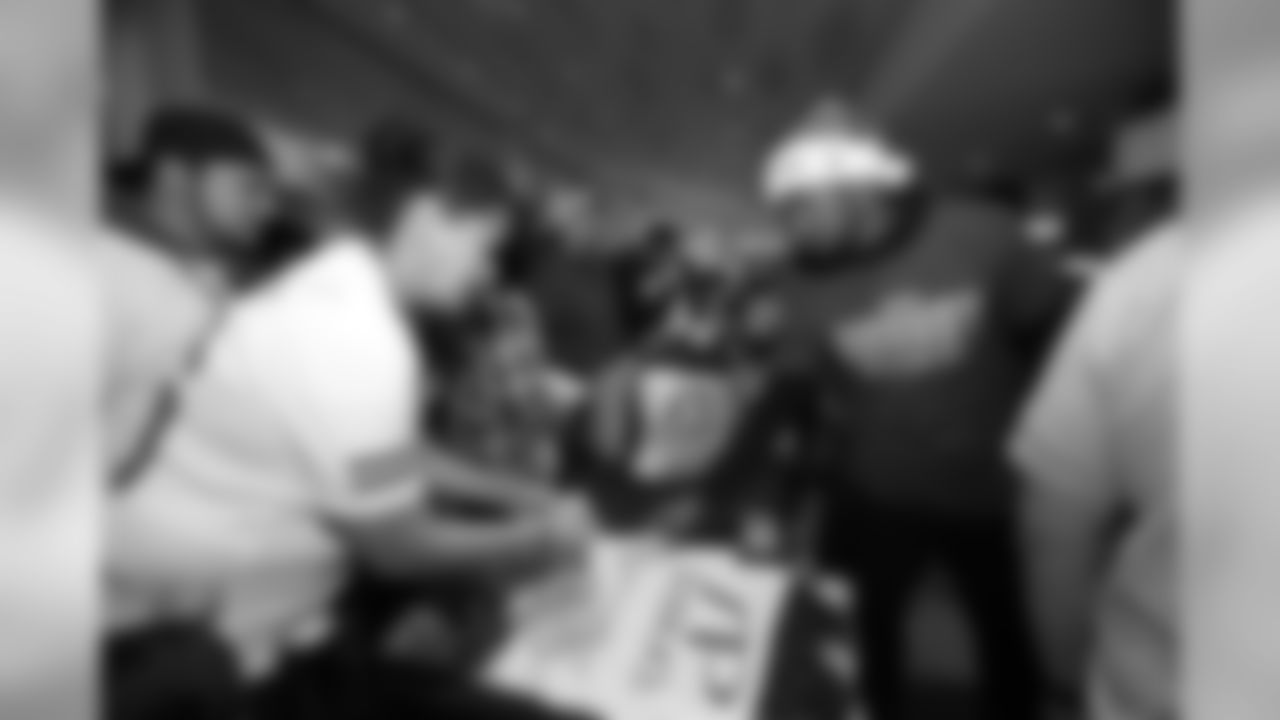
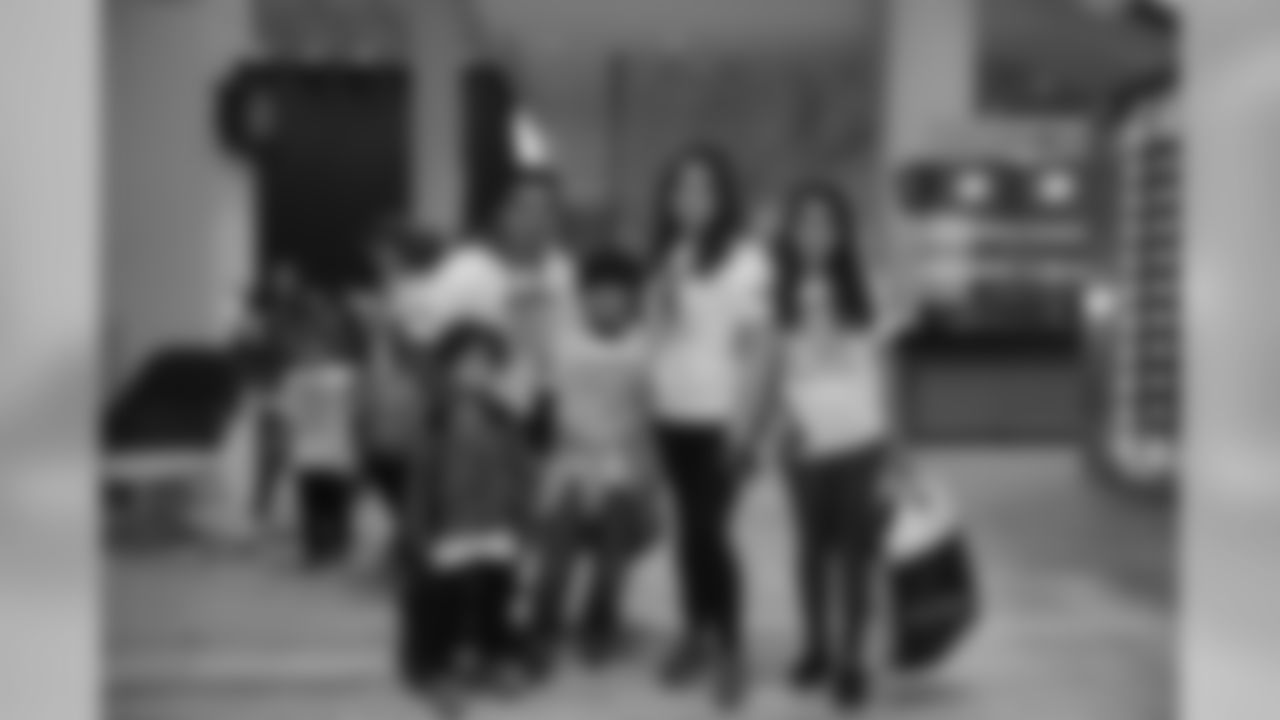
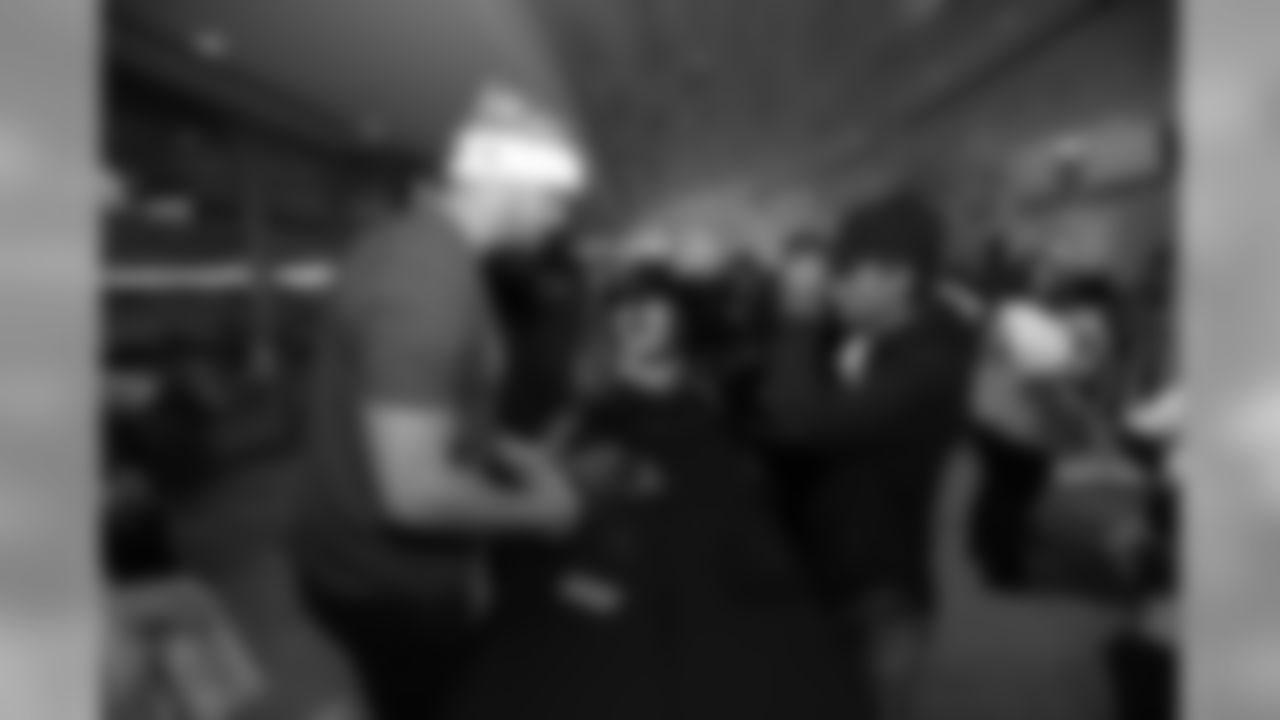
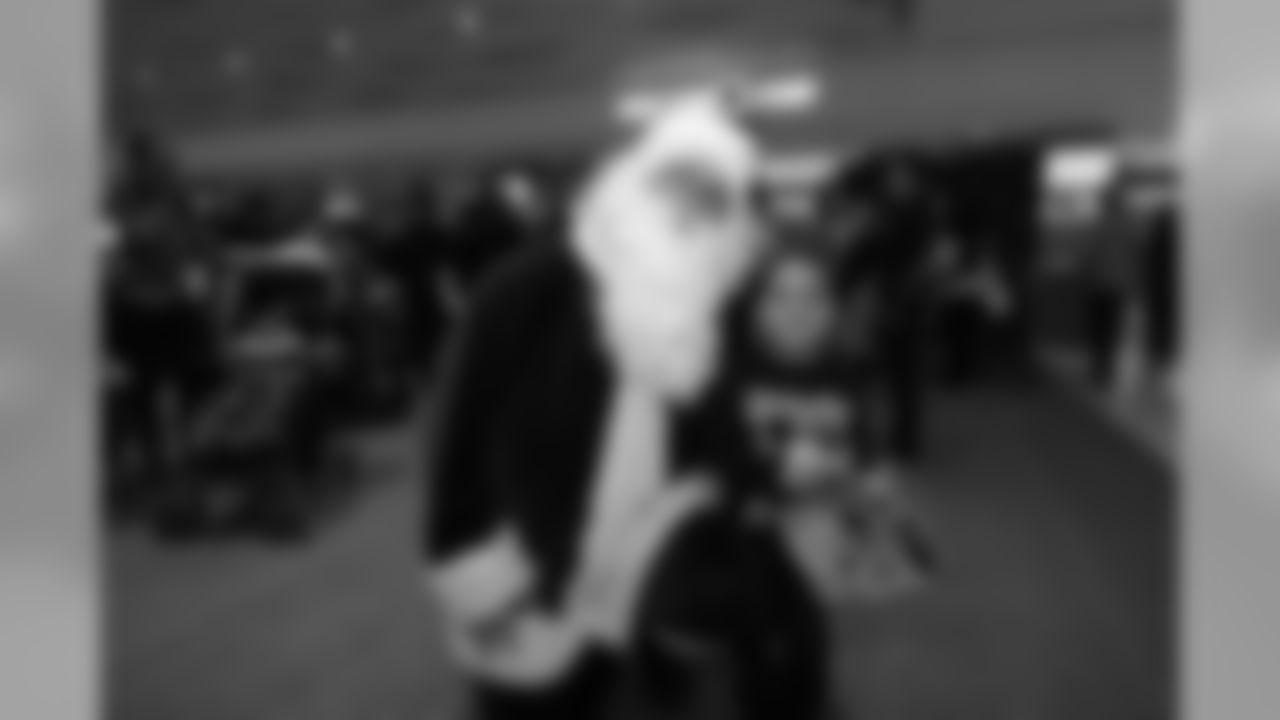
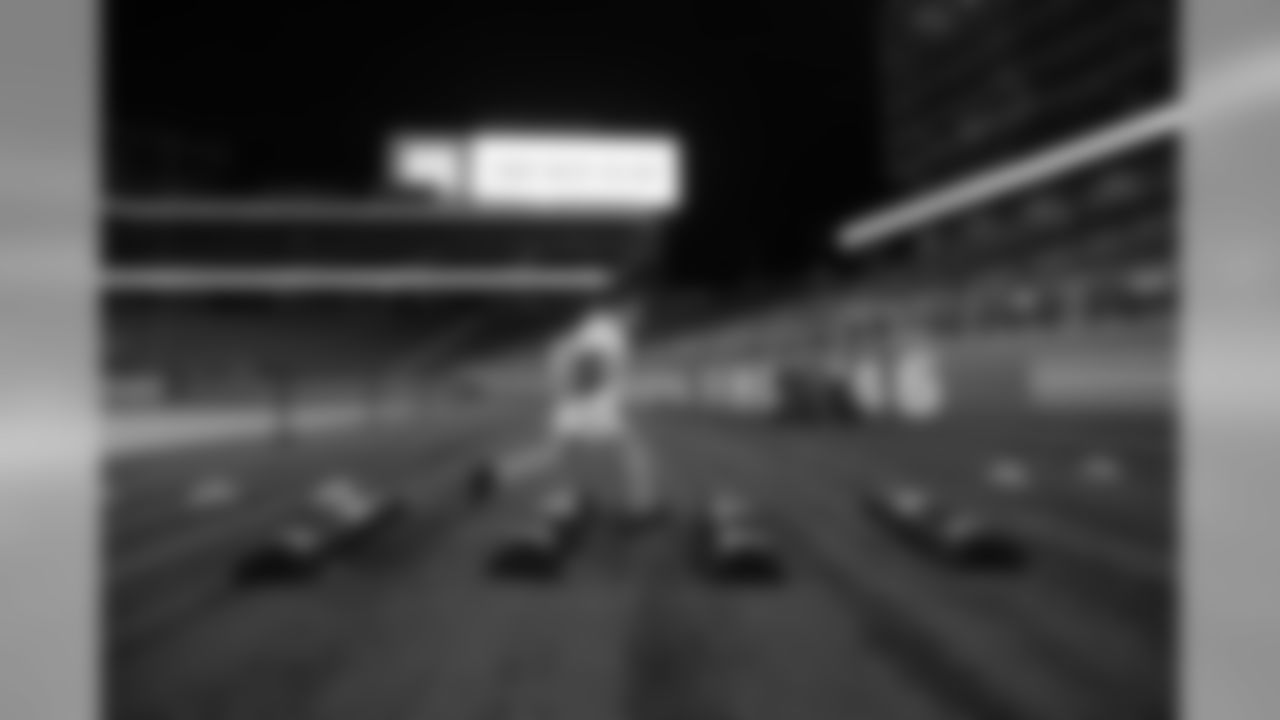
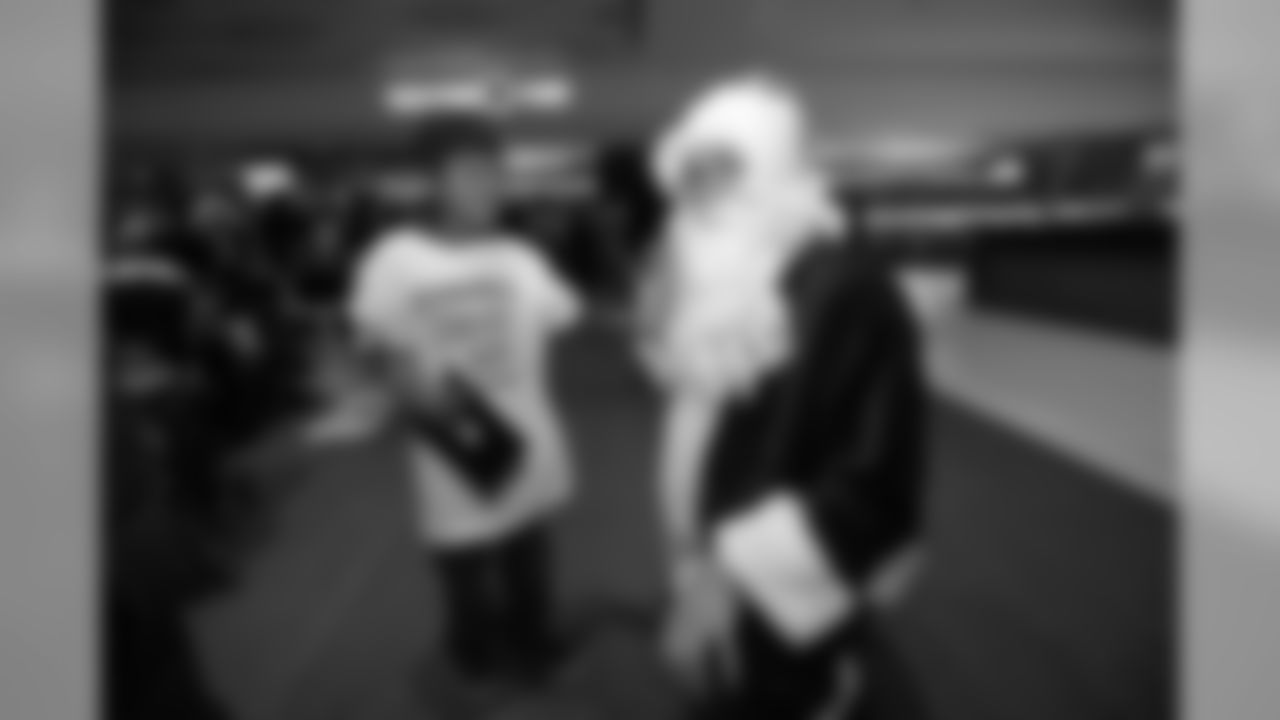
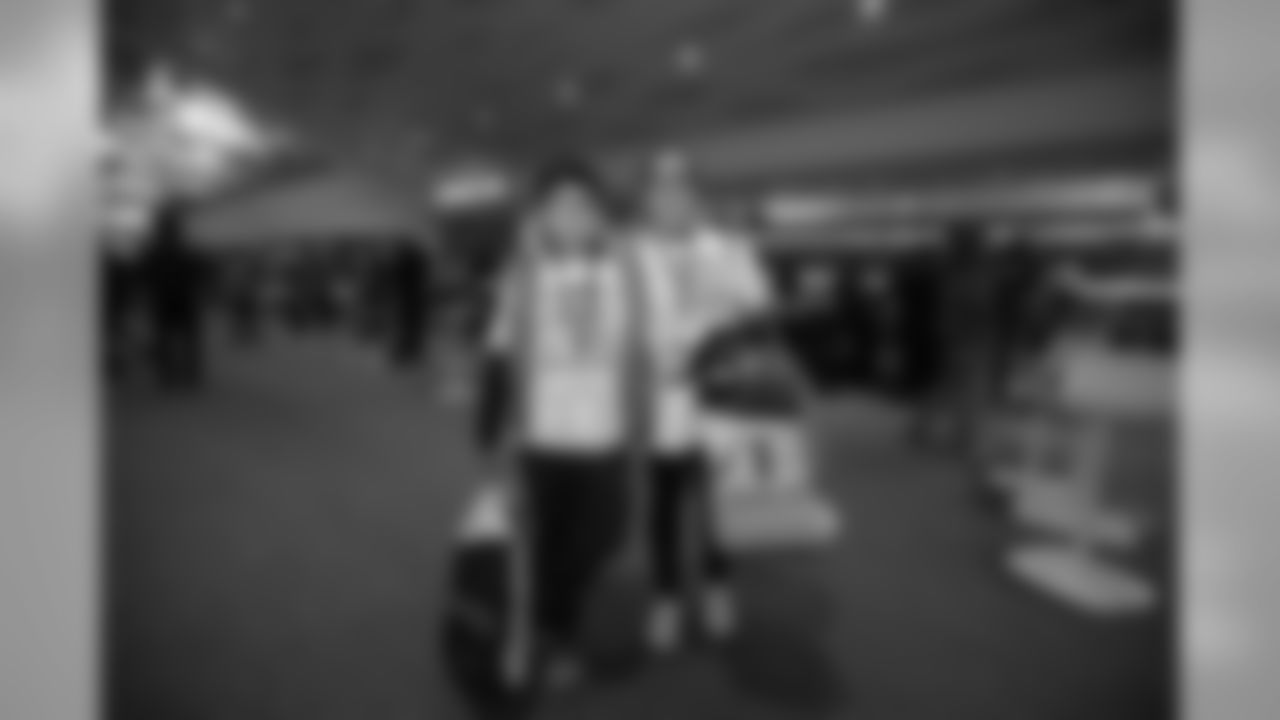
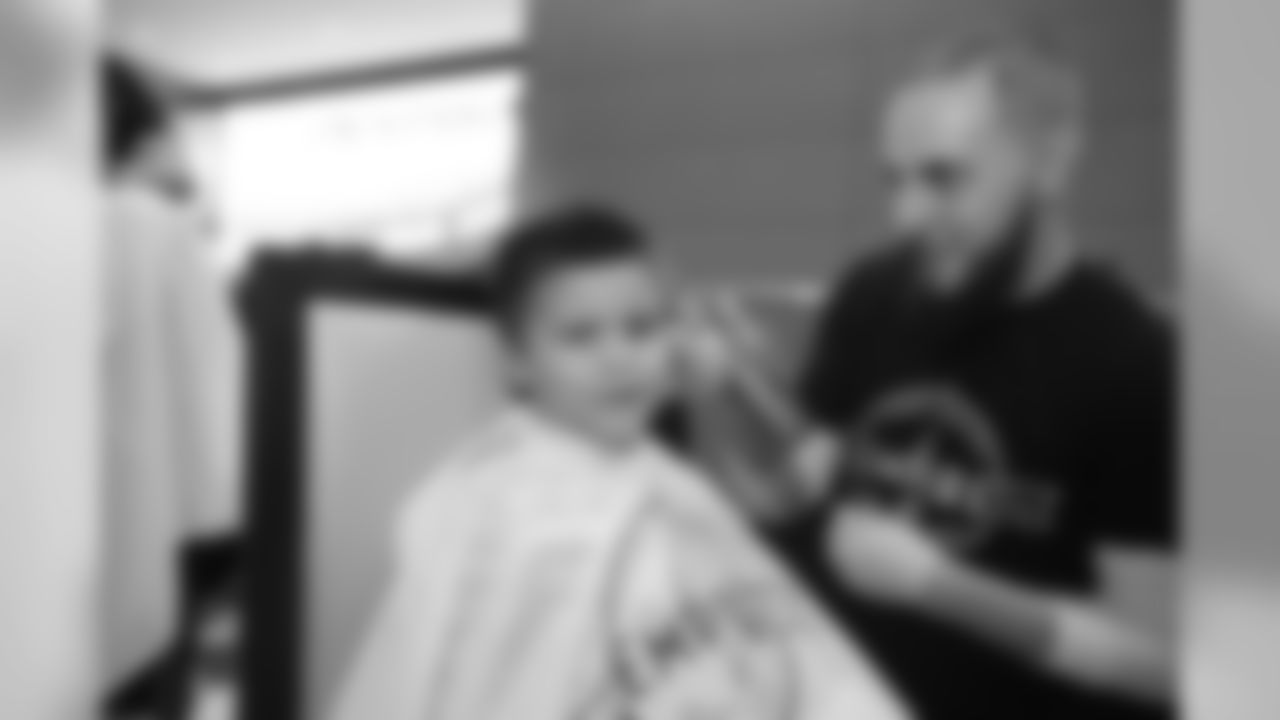
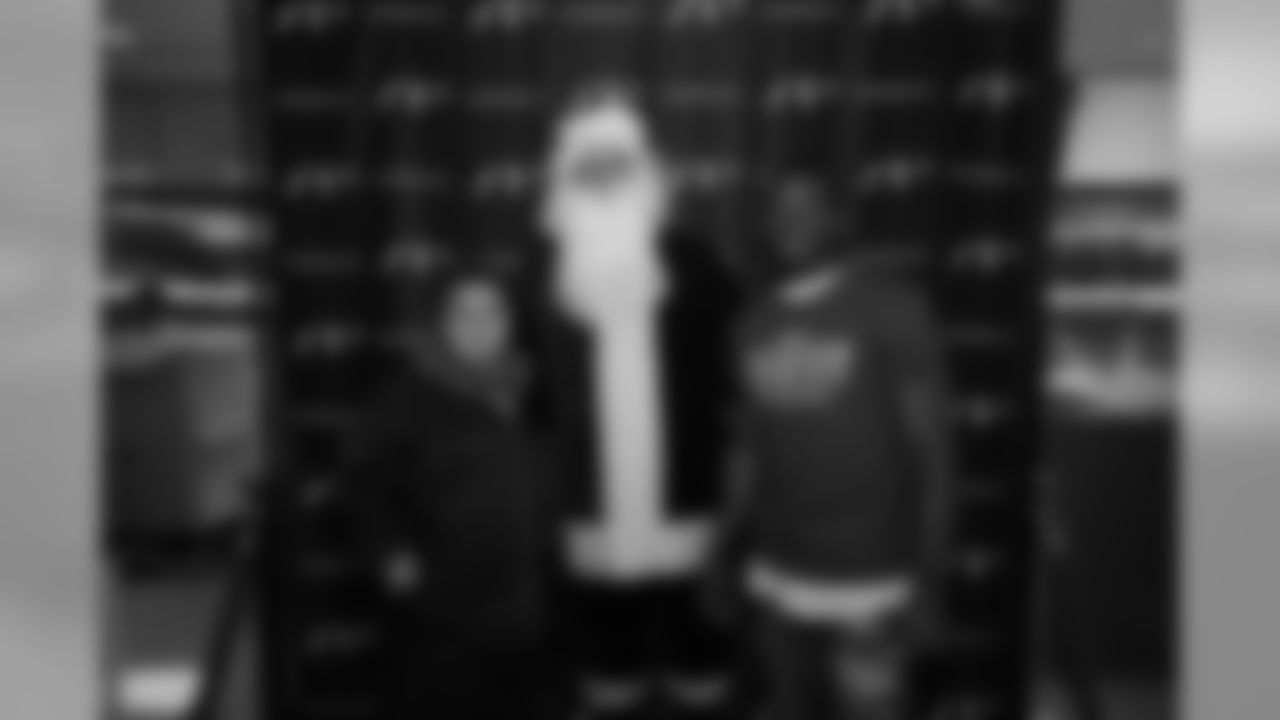
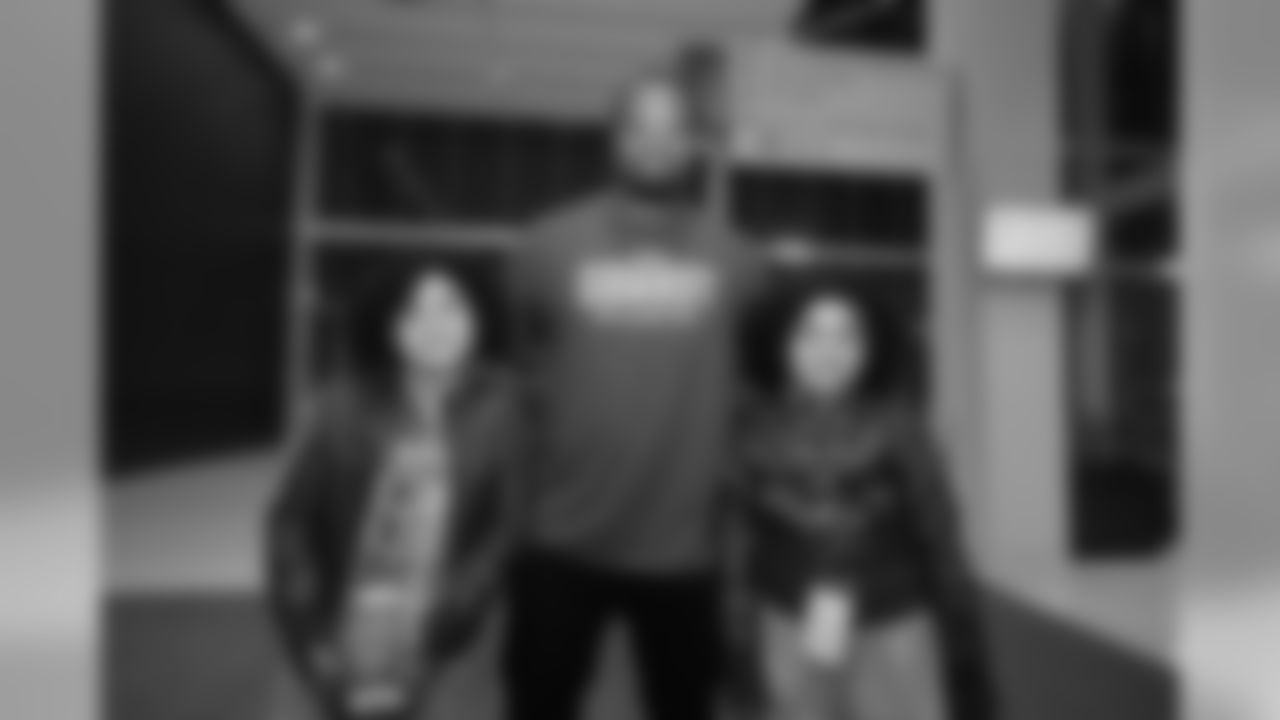
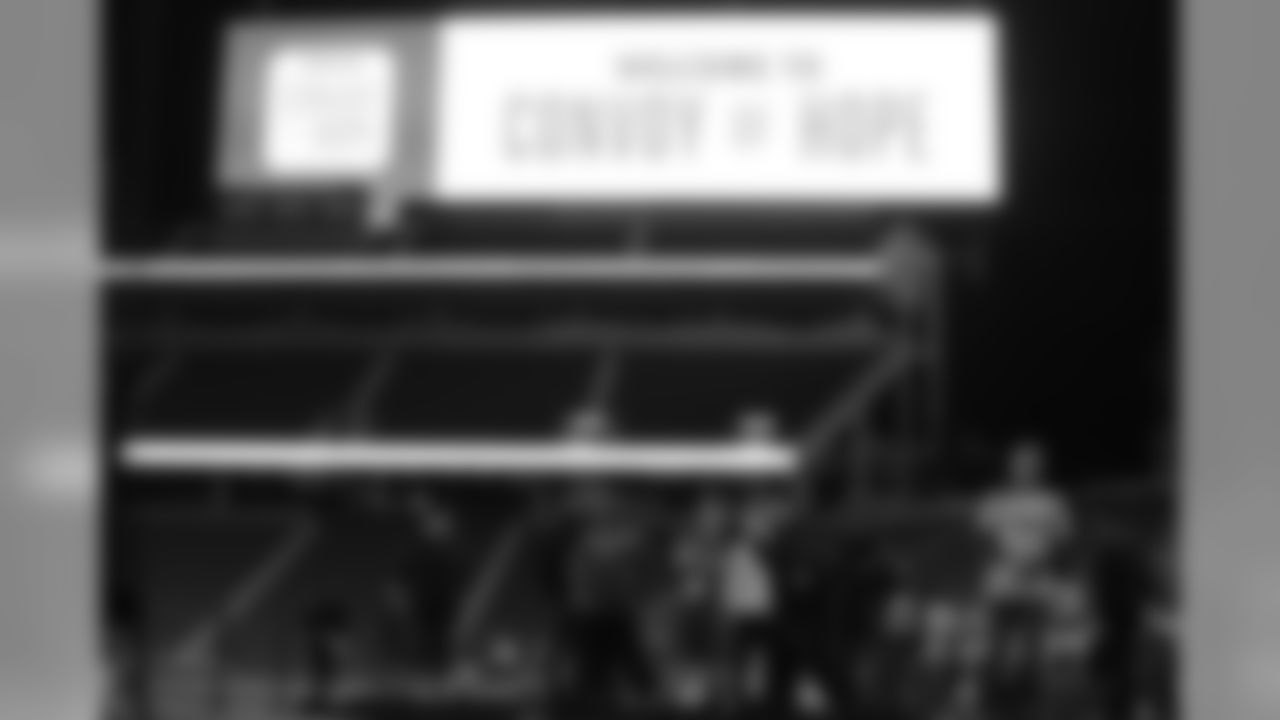
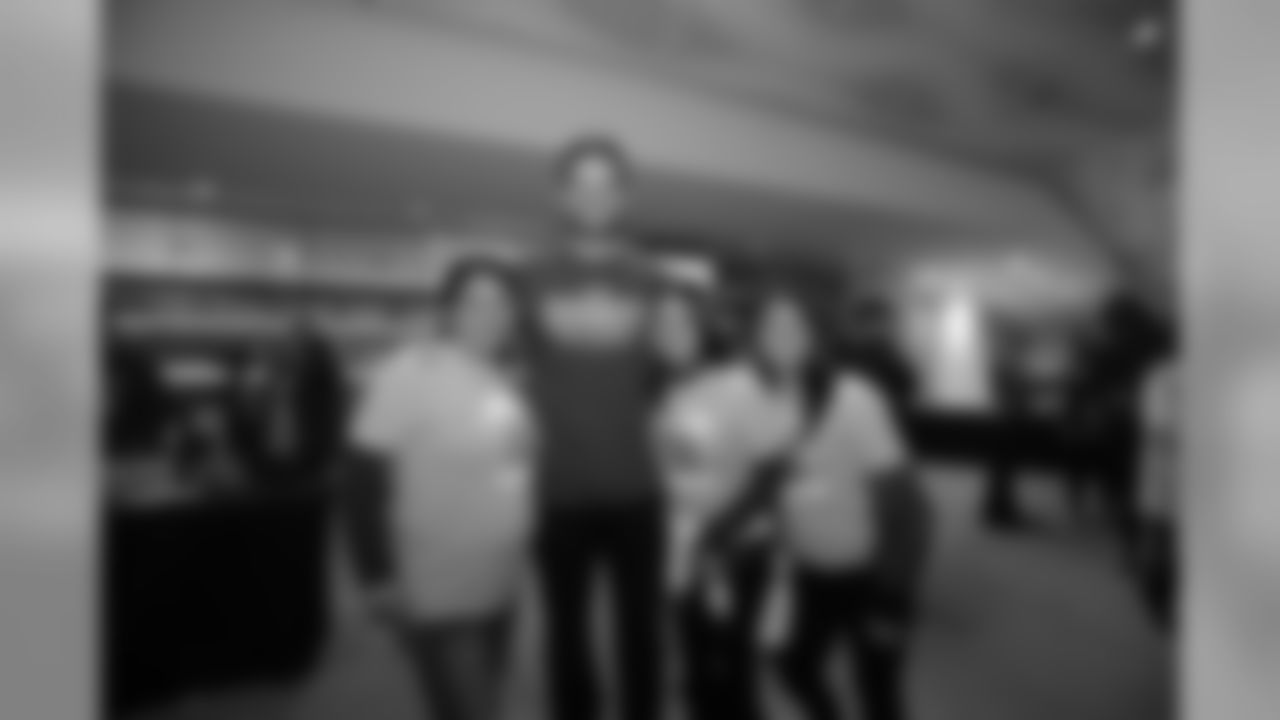
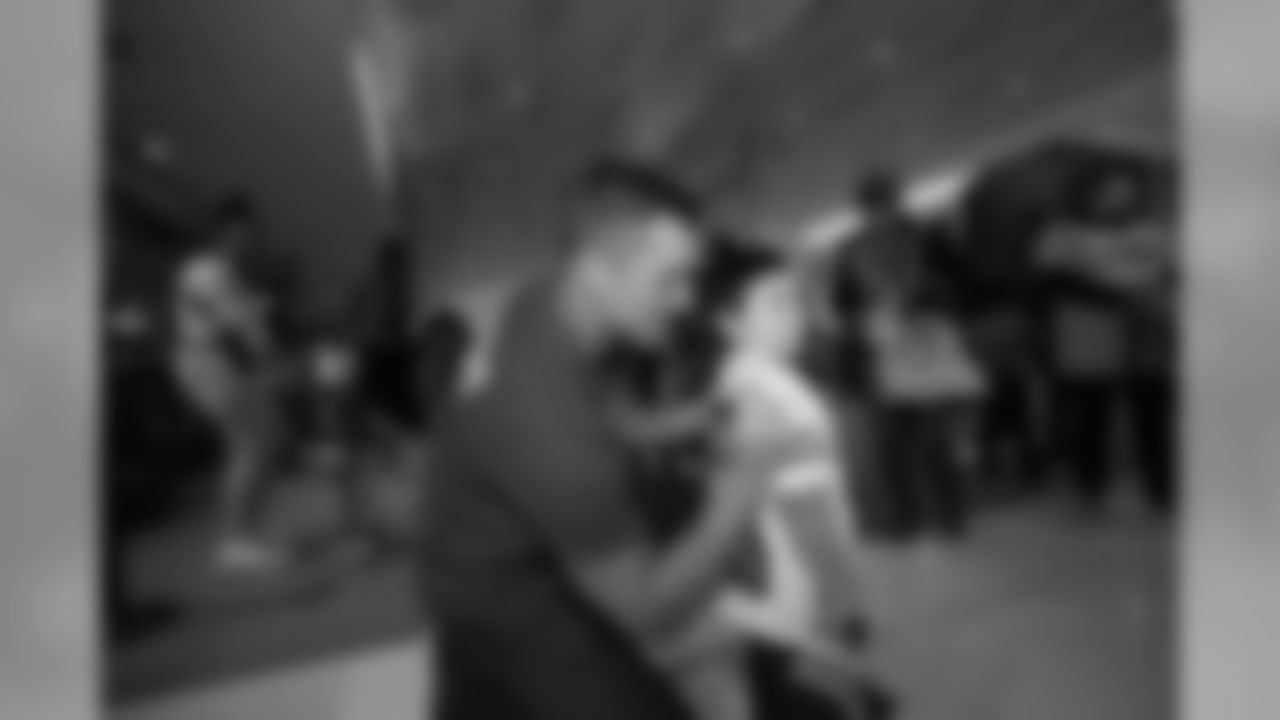
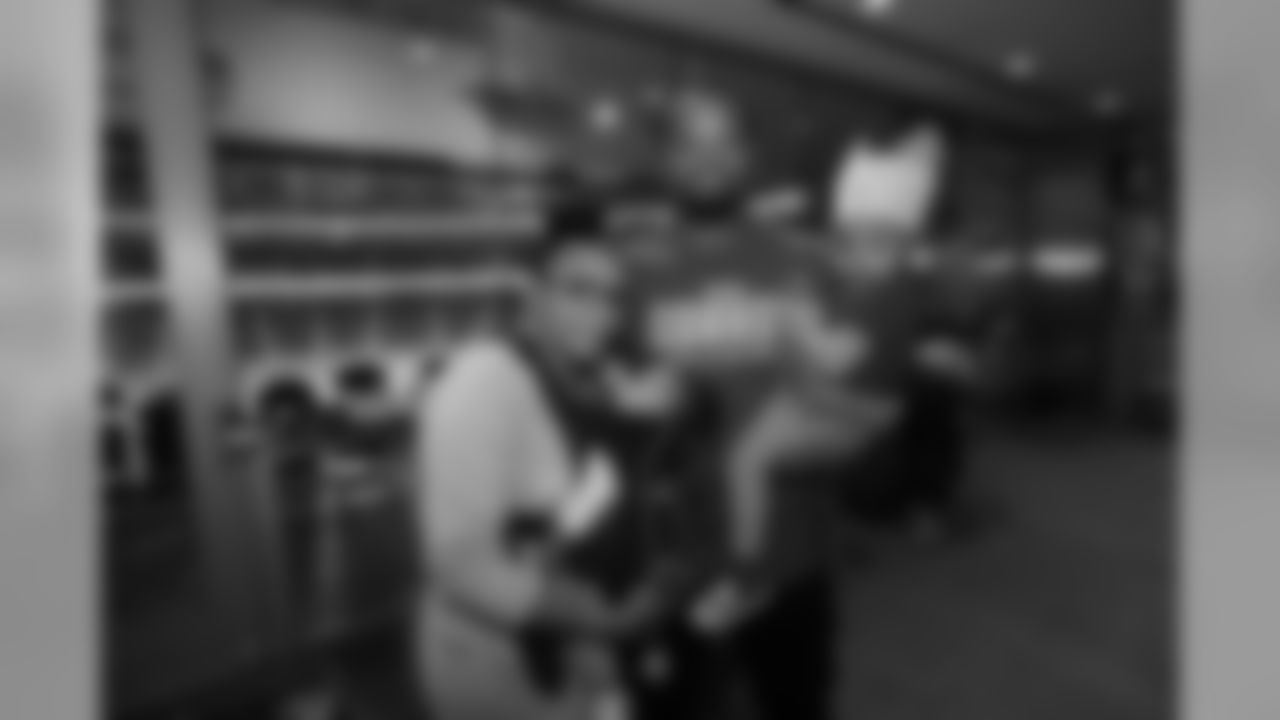
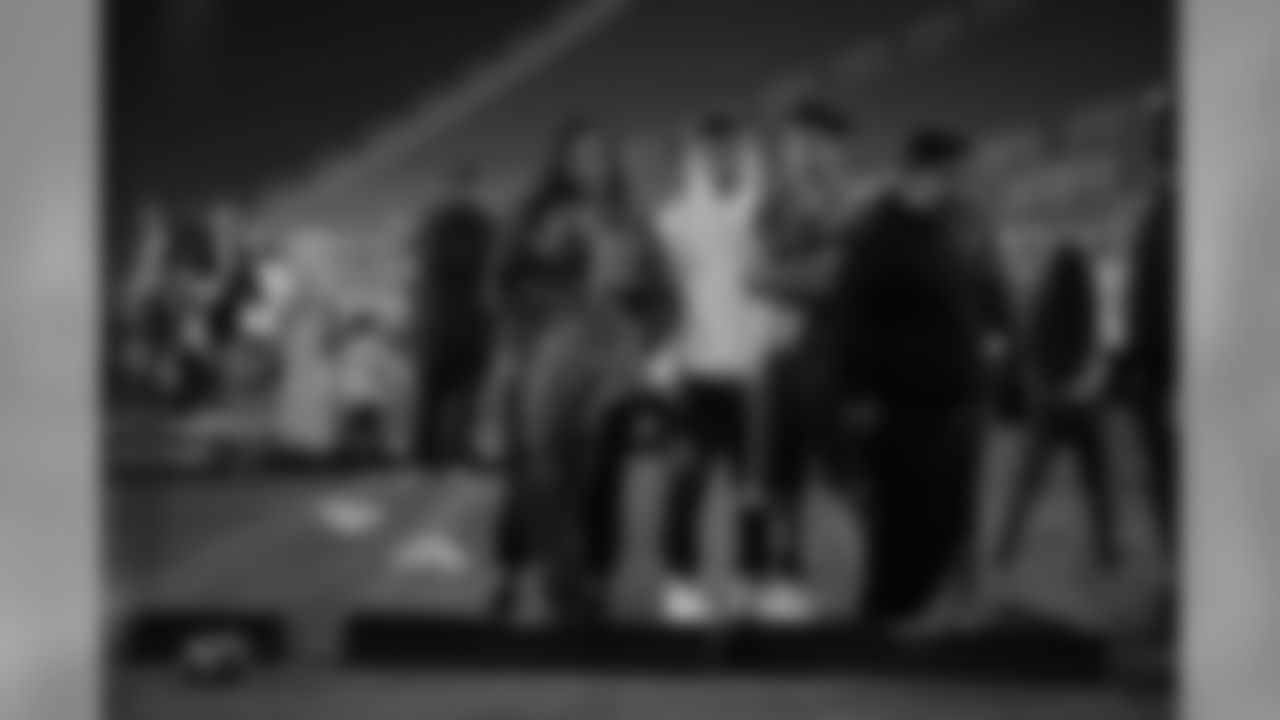
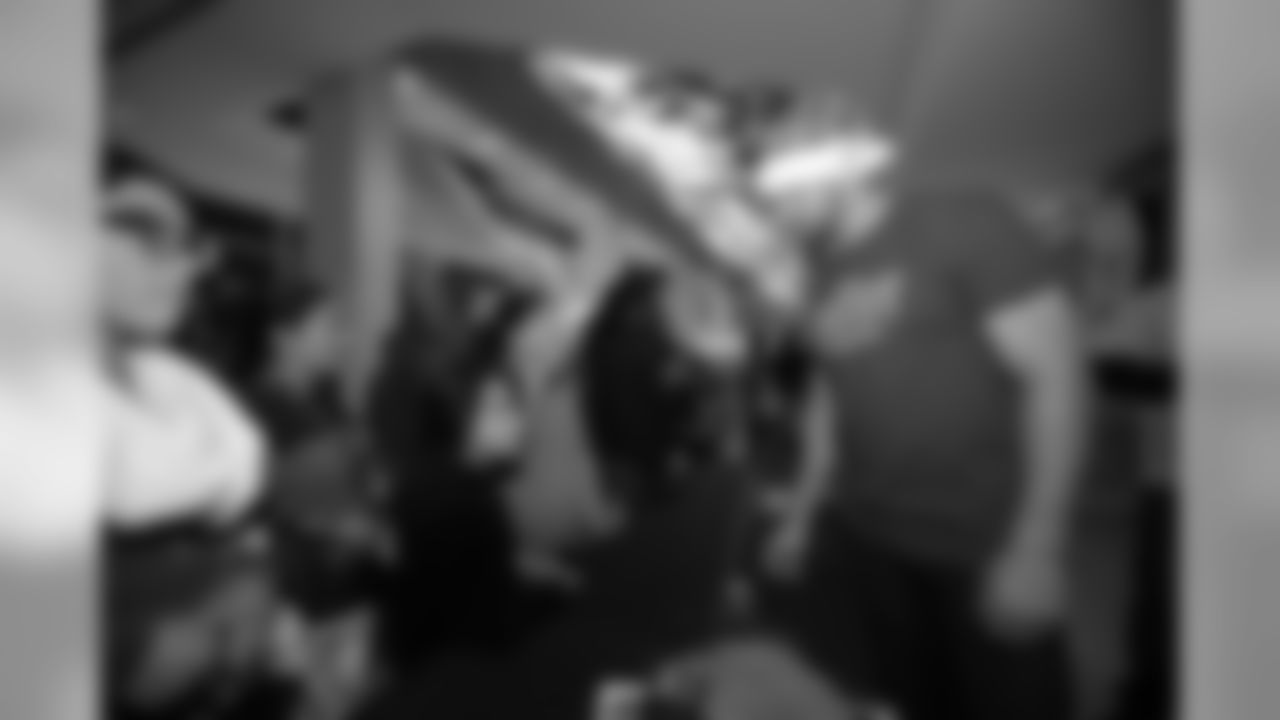
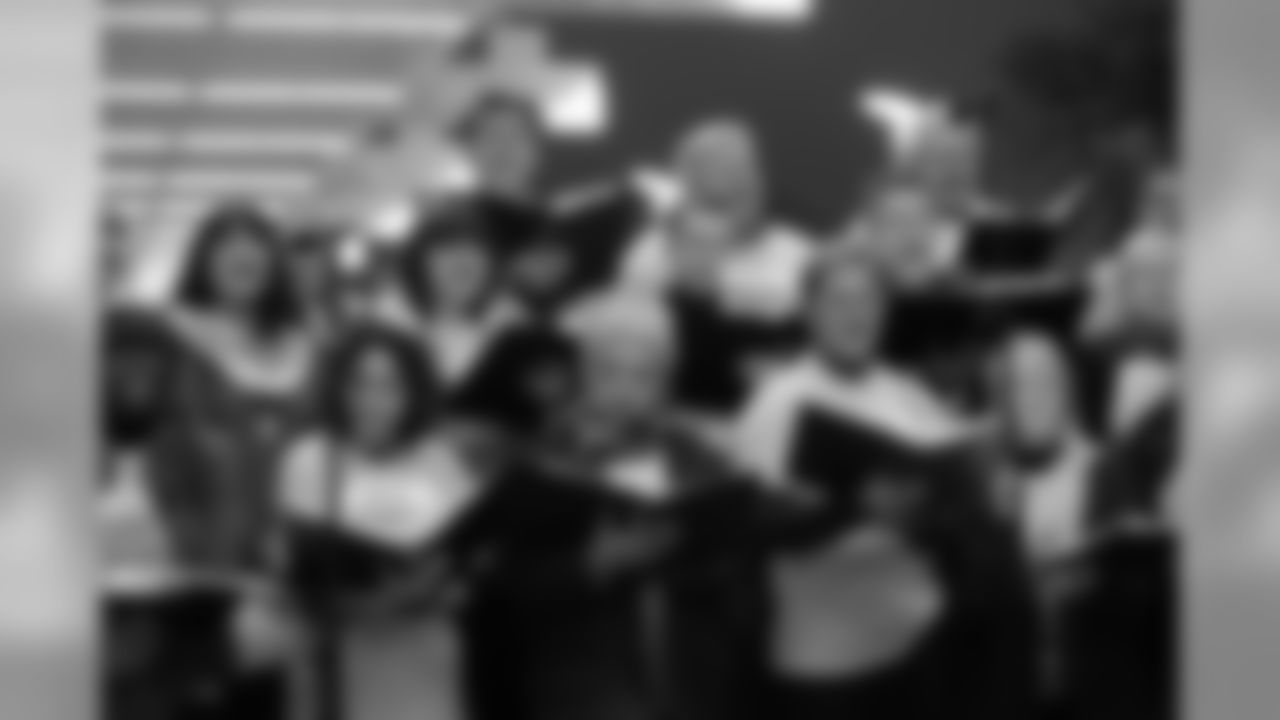
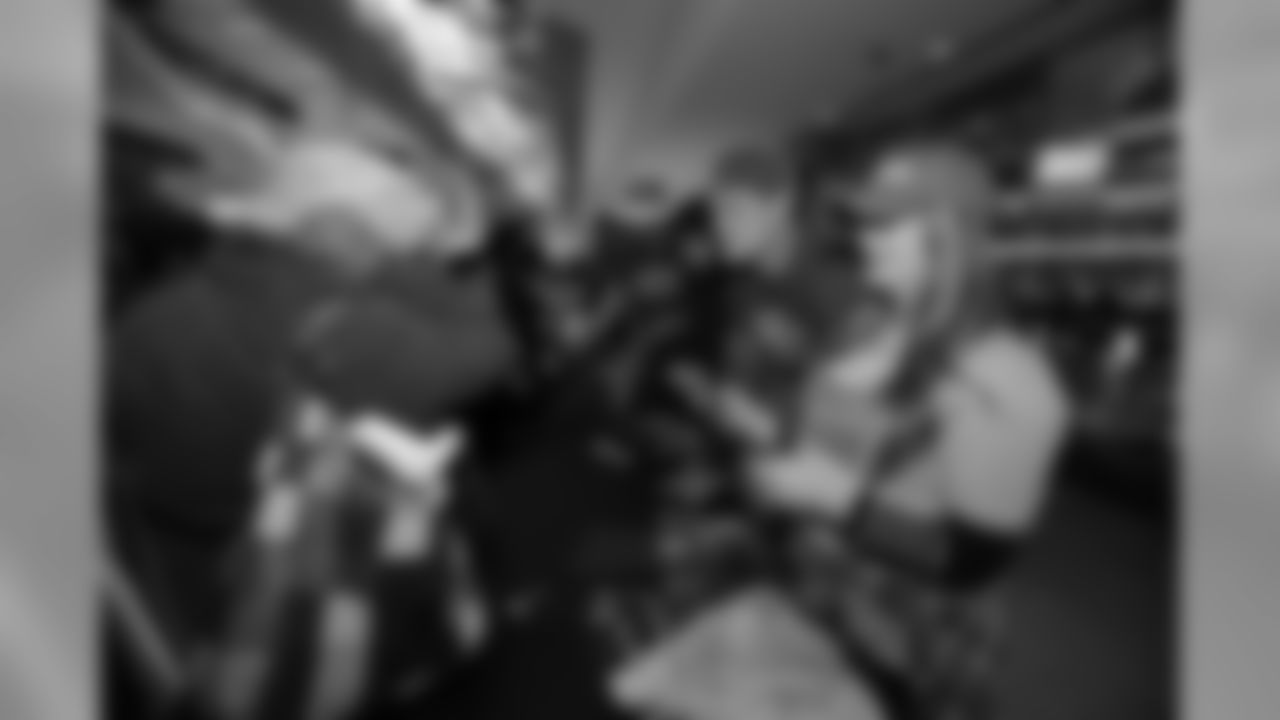
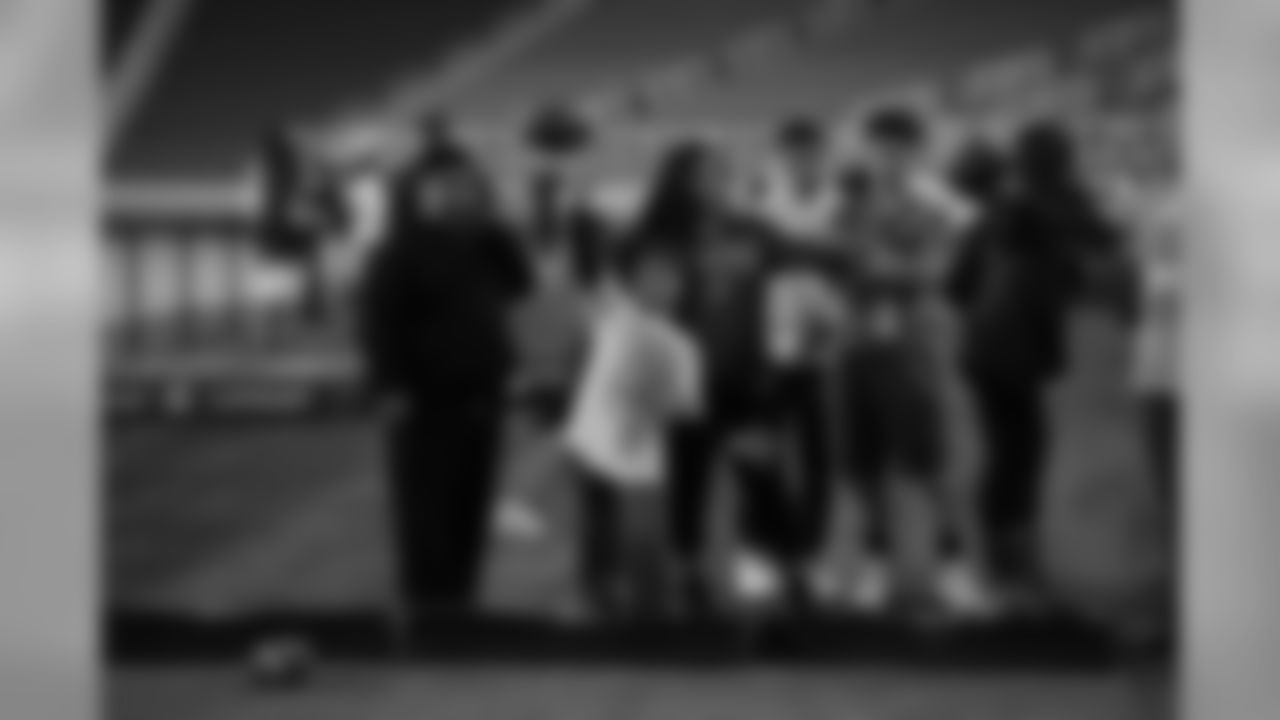
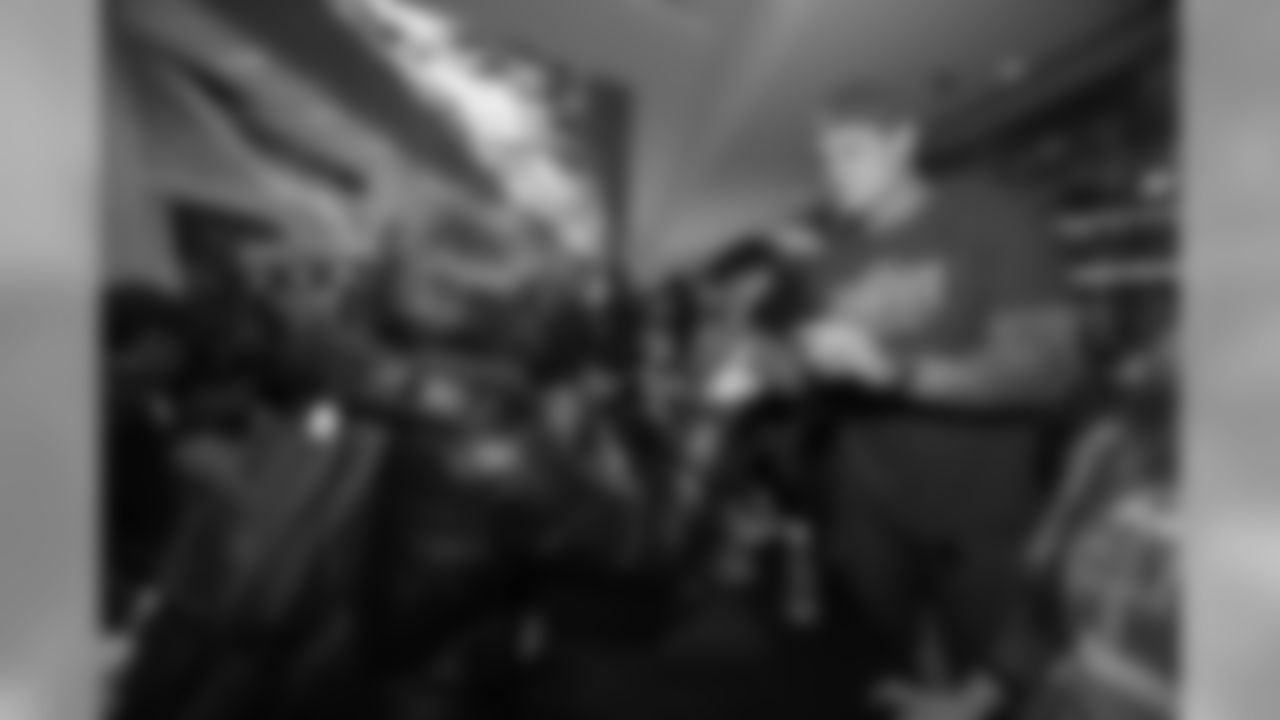
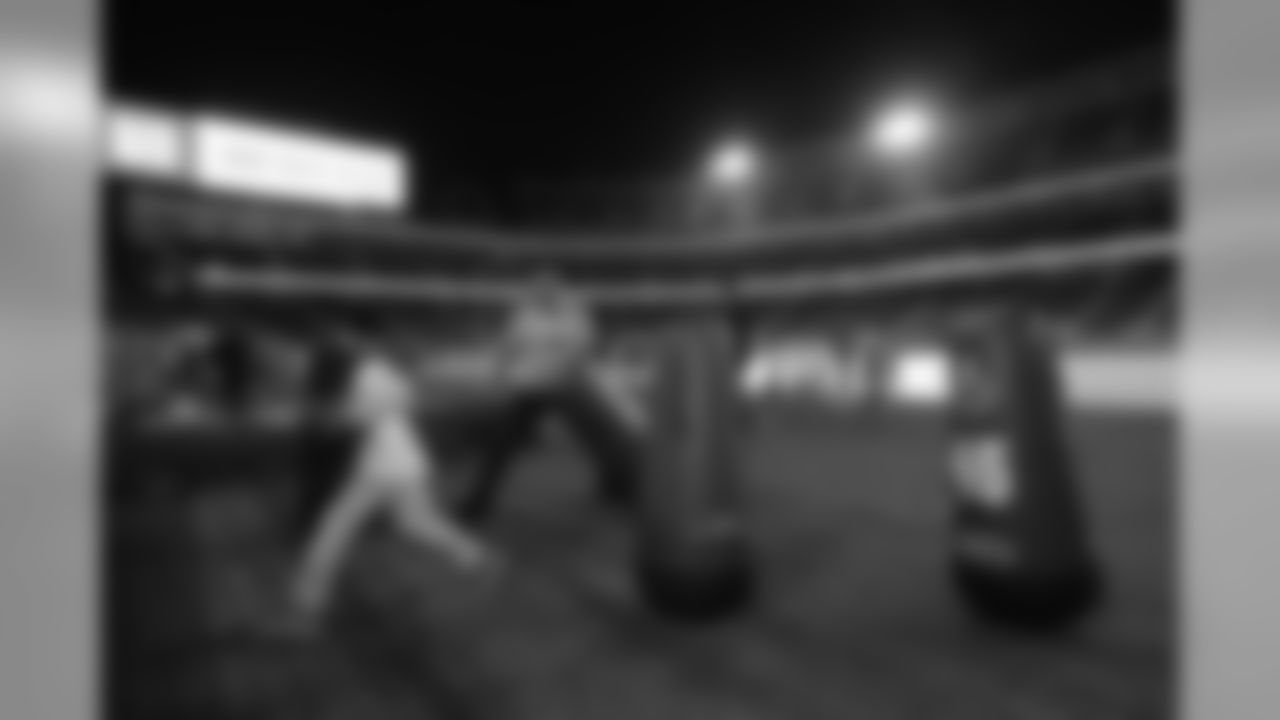
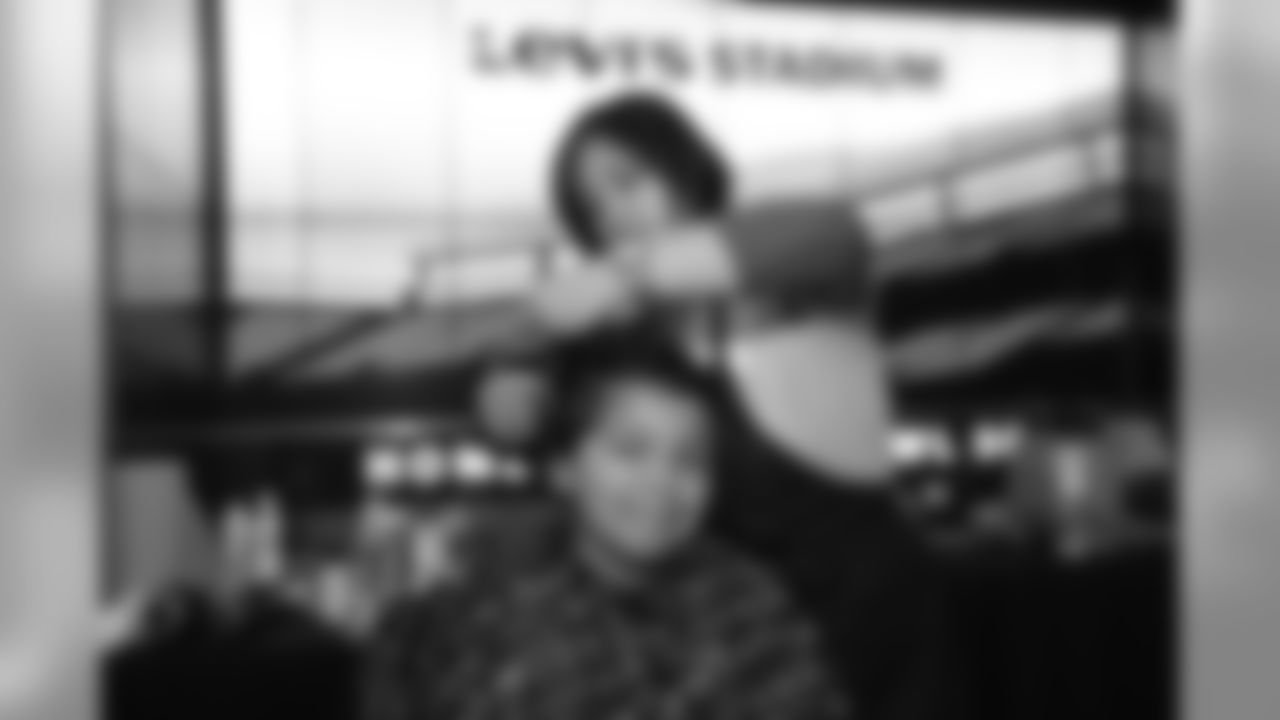
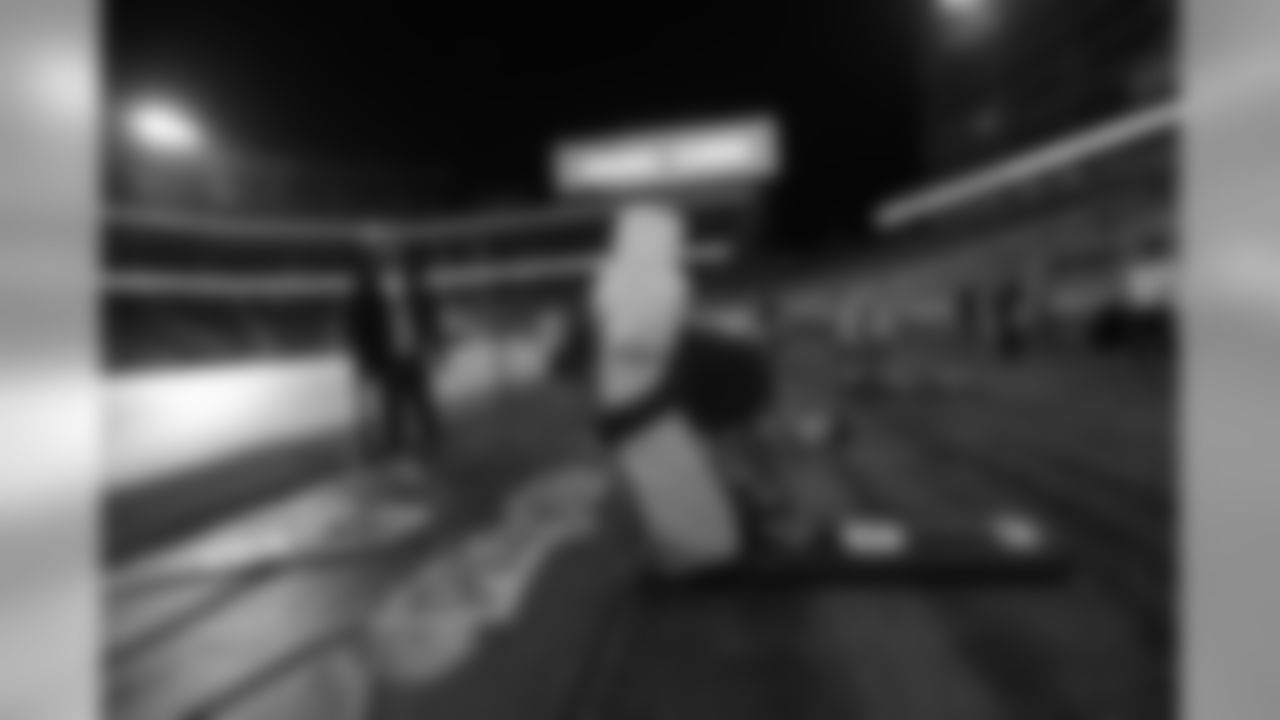
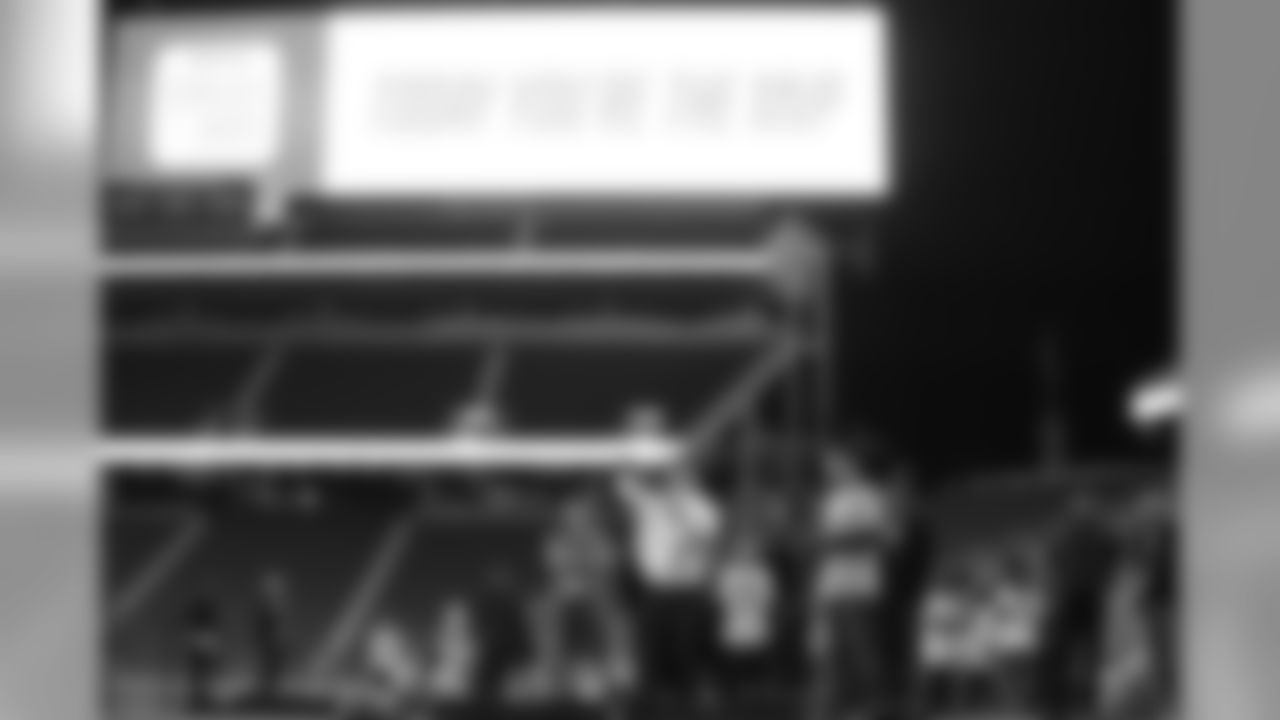
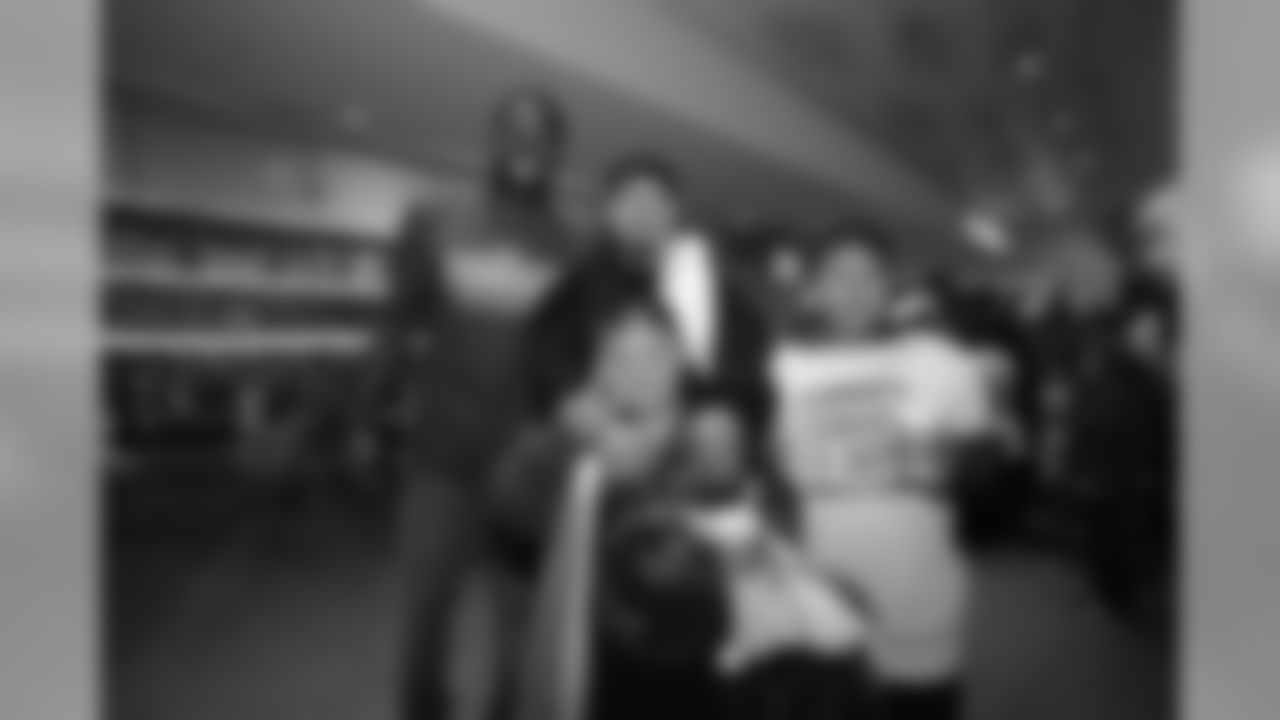
"We had been wanting to make a service trip. I was talking to Pastor Earl Smith, the team's chaplain, and it was kind of random. We were surveying around different non-profit organizations to see who would take the bait – who would take a group of us from the team on a trip. Over the course of a few months, we talked to a few, and we stumbled upon the 'Convoy of Hope.' They told us they'd pay for our entire trip and organize everything, but they wanted to see what we were all about. The players that went were myself, Garrett Celek, Garrett Celek, (former 49ers tight end) Derek Carrier and all of our plus-ones. That trip has turned into a great relationship between the 'Convoy of Hope' and the 49ers."
What were your first memories of Haiti?
"When we touched down in Port-au-Prince, we all wanted to stick together because the airport was very congested and very highly trafficked. It can be dangerous in certain situations. When we finally got all of our bags, we headed out to the three vans waiting for us. First off, the smell, it was very dirty, and there was trash everywhere. There were random kids running around the streets. There were a few trying to filter water out of the mud that was on the ground. It was really eye opening. There were so many people at the airport just trying to pick up work."
What was the most impactful moment of the trip?
"We all spent one day at a local orphanage. There was one woman who was taking care of 74 kids, as young as two and as old as 16. We walked into this room and it was probably 20 feet by 20 feet. There were about 15 bunk beds in there. All of the boys at the orphanage, which was probably 45-50 kids in all, slept in this room. The little kids were four to a bed and the 16-year-olds got their own. You can't help but just feel so bad for the kids. Tank brought a bag of dum-dum suckers. The kids were so excited to get these dum-dums – it was like we were giving them a piece of gold. They were jumping all over each other. The thing is, when they finished the sucker, they kept the stick and the wrapper because it was such a prized possession for them.
"It was amazing to see these kids, who have nothing, how happy and joyful they are. They were so thankful for the things that we were doing for them and that we took the time to be with them. We come from so much over here, and over there – I mean you can sign up and feed a kid for an entire year for just $120. When you think about the amount of impact that you can have for so little, it's just encouraging and makes you want to give back."
What were your lasting impressions of the trip?
"The 'Convoy of Hope did a good job of making sure that we didn't feel guilty, but that we felt responsible. They made that clear to us. It really opened our eyes to all the amenities that we take for granted – having ice, running water, food, air conditioning and the list goes on. Meanwhile, these people are fighting for their lives every single day in Haiti. There's definitely a moment of guilt, but then it turns to accomplishment and responsibility. You leave encouraged to make a difference – whether it's coming back to Haiti or getting refocused and doing more work in your own community. It's definitely given my wife and me a drive to do more in the community, both at home and abroad. It's something that we plan on continuing for the rest of our lives."
Is that what led you to going on your trip to Nicaragua just a few months later?
"Absolutely. We went with the church that we go to out in California. We knew of the trip beforehand and were considering it, but we wanted to see how the trip to Haiti went first. When we got back, we both knew we definitely had to go to Nicaragua. They'd actually closed up all the spots for the trip. I begged and pleaded with our pastor to let us on the trip. They let us in, and we were in Nicaragua for 12 days. There was a lot more work and manual labor involved compared to our trip to Haiti. It was neat, just to see a different side, a different group of people and a different organization and they're impact on a different country."
What did the work entail during those 12 days?
"We were helping build a church and developing a trade school for young men who were headed down the wrong path. They were being taught different skills, whether it was welding, carpentry and a few other things. We were also installing a water system, and so we were digging up water lines for their kitchen. That took a couple days. Prior to the trip, I held an autograph session at the church to help raise money for all this. We raised a ton of money and had enough funds to redo the entire inside of the school. We got water and electricity running so the kids could study at nighttime. We basically installed an entire ceiling and panels for the walls for insulation to make it more comfortable."
How would you say that your two trips have changed you and affected what your plans are for the future?
"I'm in a position where I've been given a ton of resources at a very young age in order to spoil myself and be selfish in that regard. It's important to take a step back and refocus on the important areas of your life. My role as a football player and professional athlete, whether we like it or not, we're all role models. There's always somebody watching us – especially nowadays. So to be able to give back at every capacity – after taking my trips – I know the impact that I can have over there for such a small amount of me. It really is a special thing. My wife and I look forward to being able to give back in a bigger capacity as I continue in the NFL and beyond. It's important to give your full self to make this a better world and to make those around you better."


